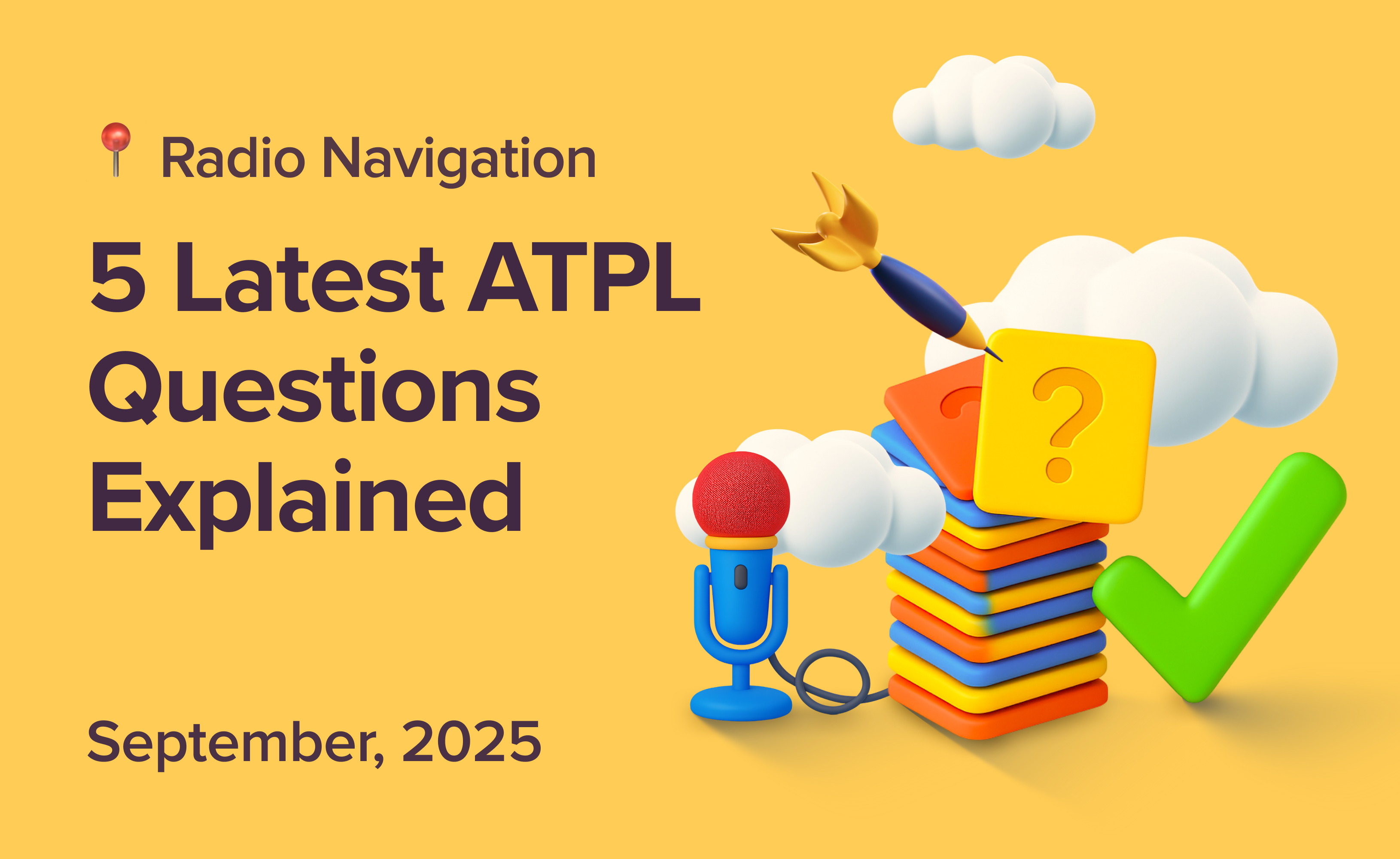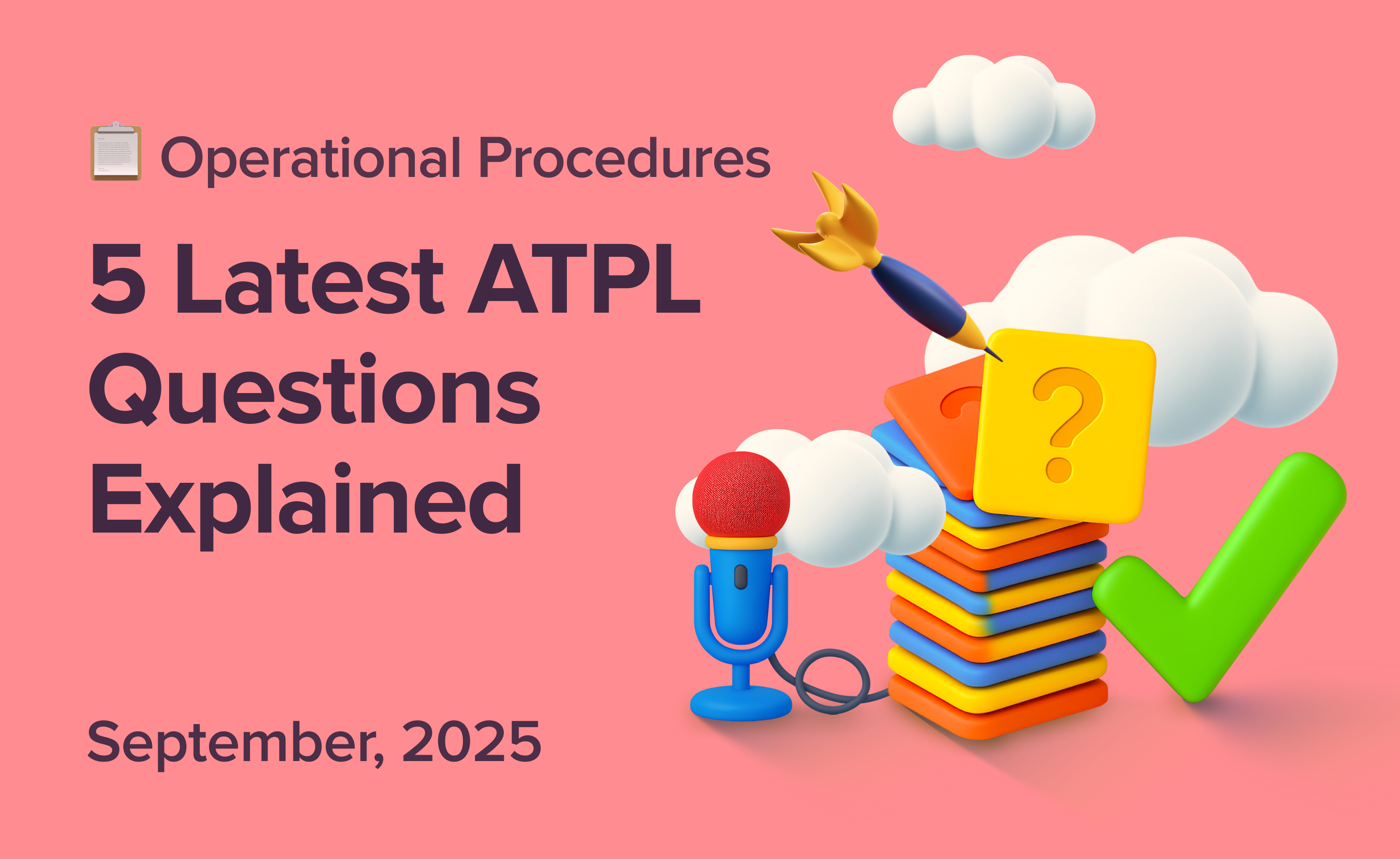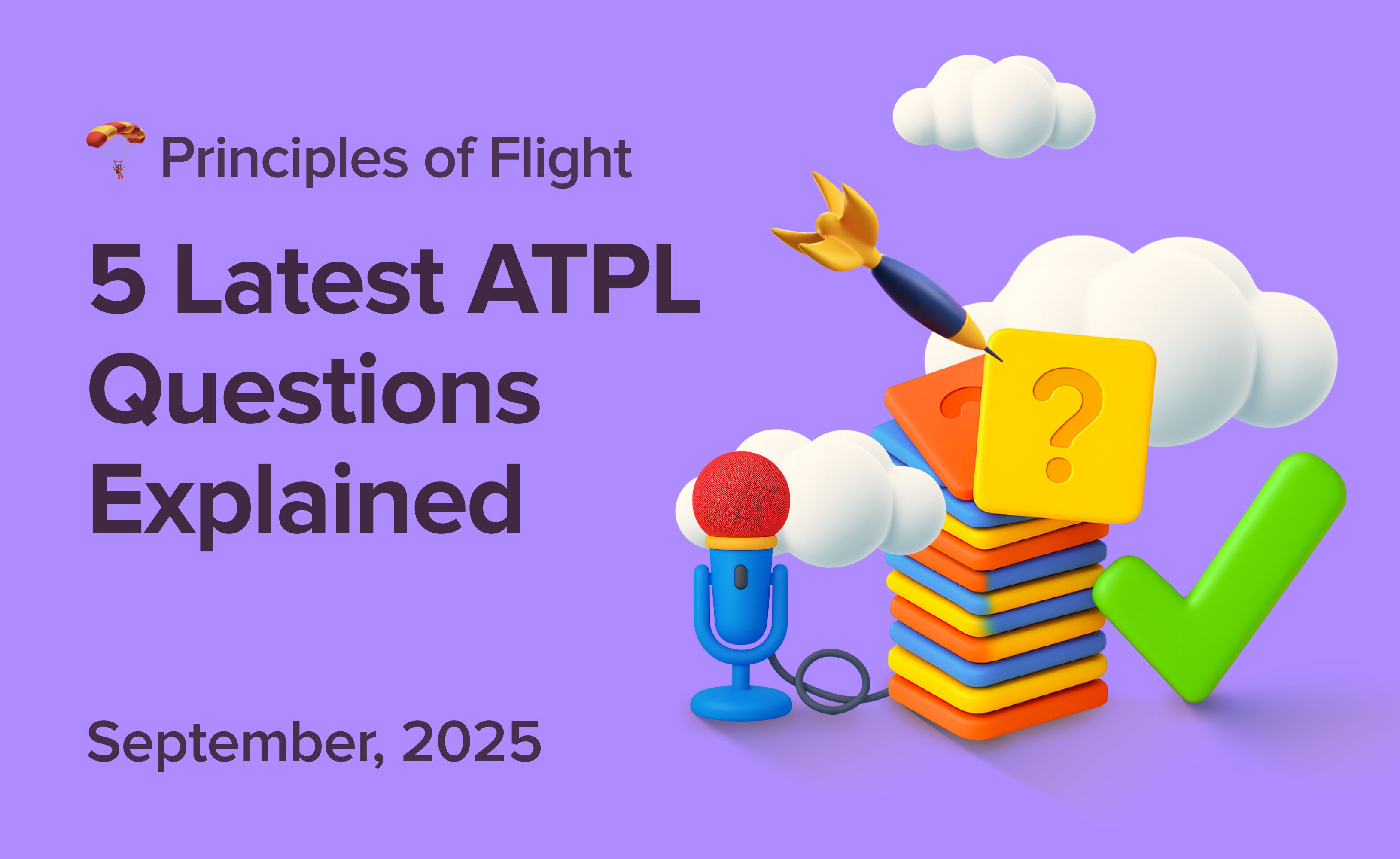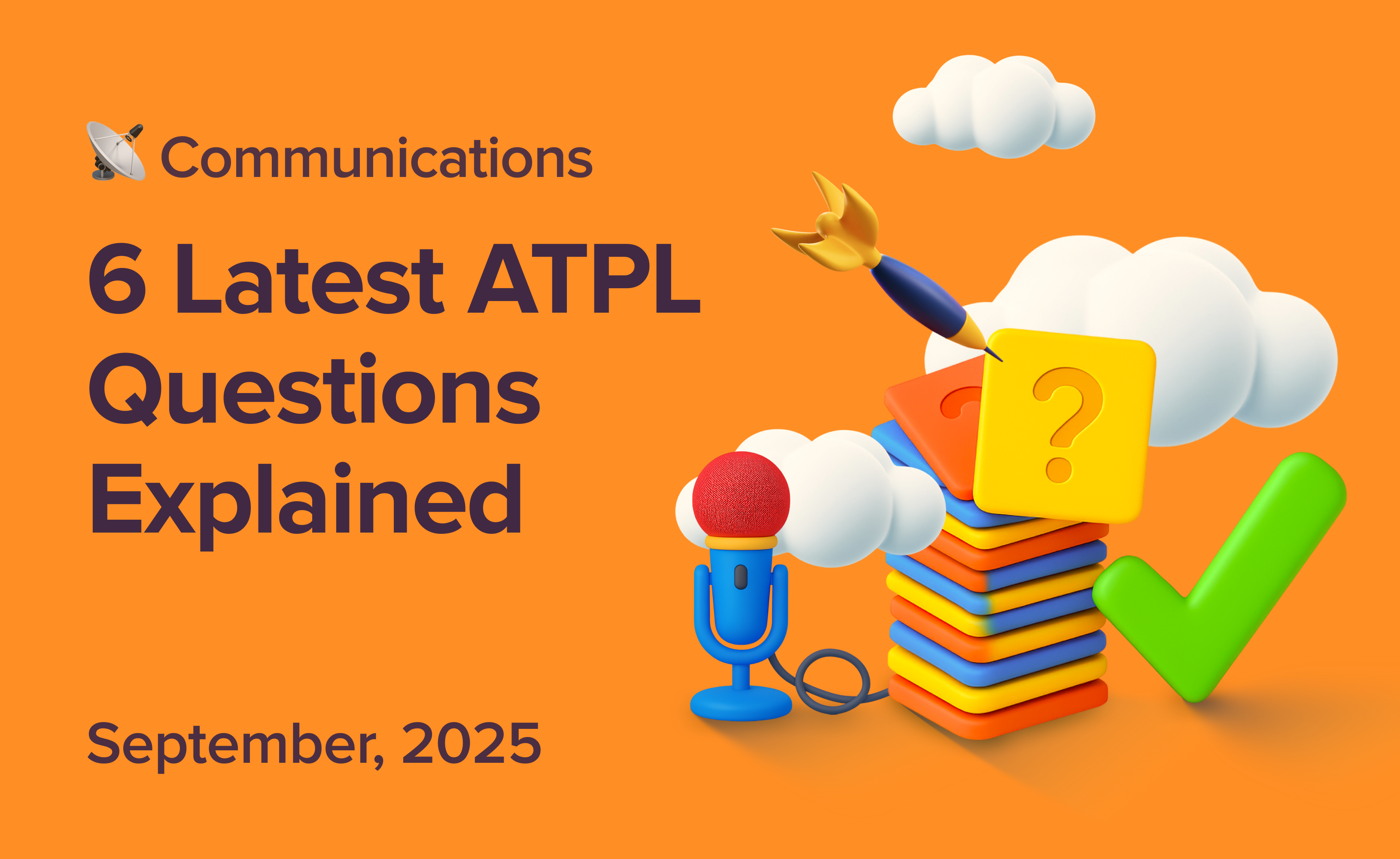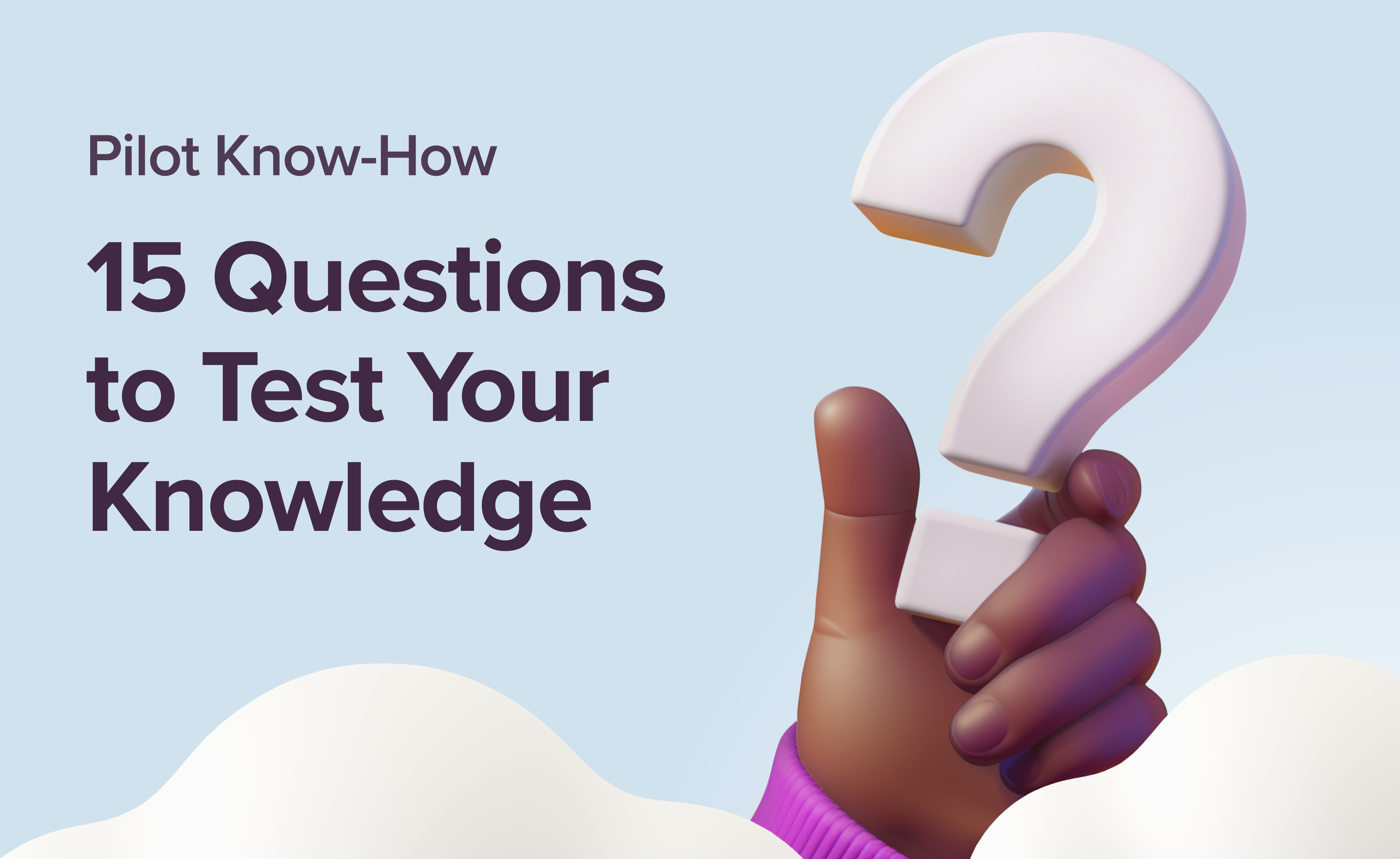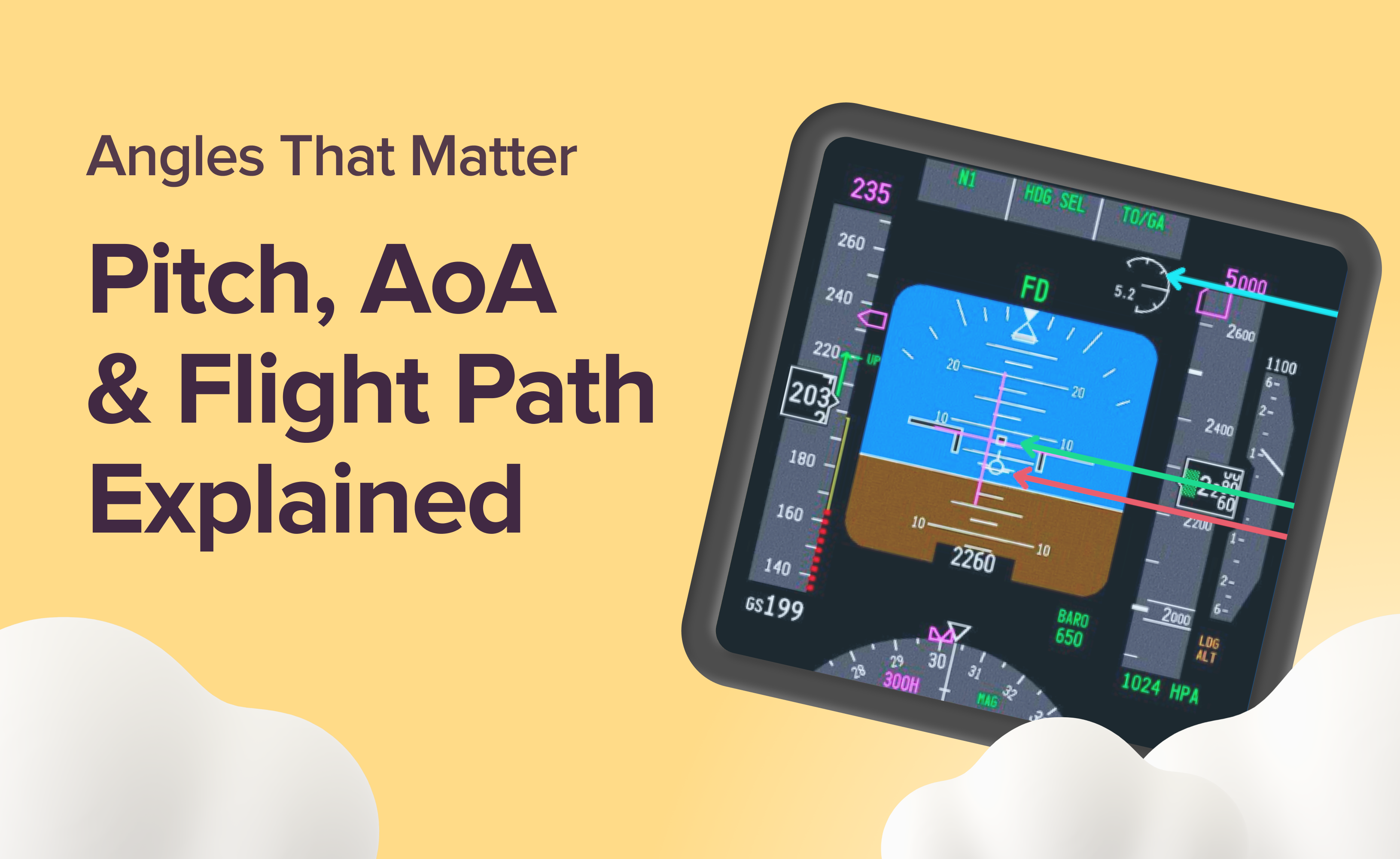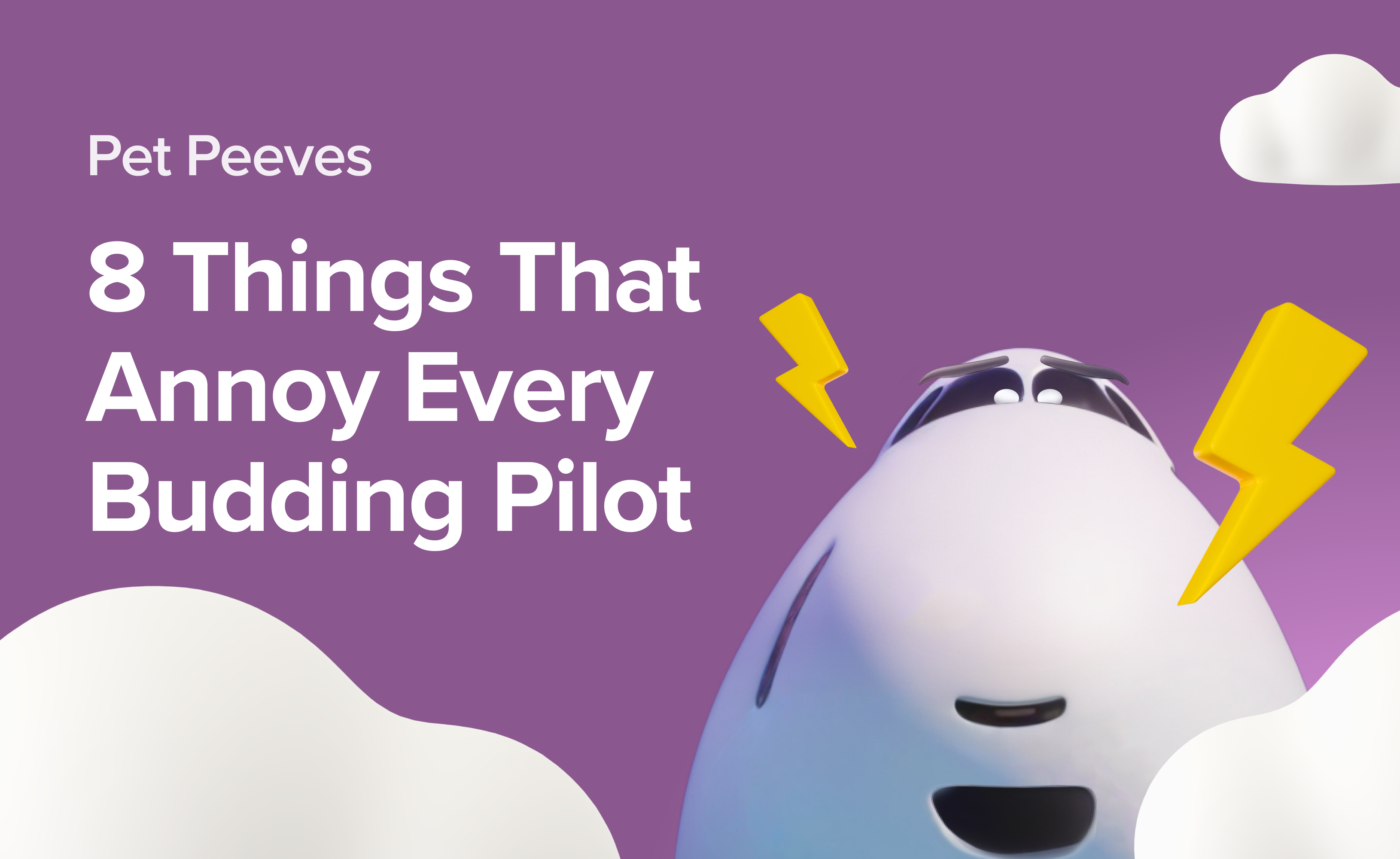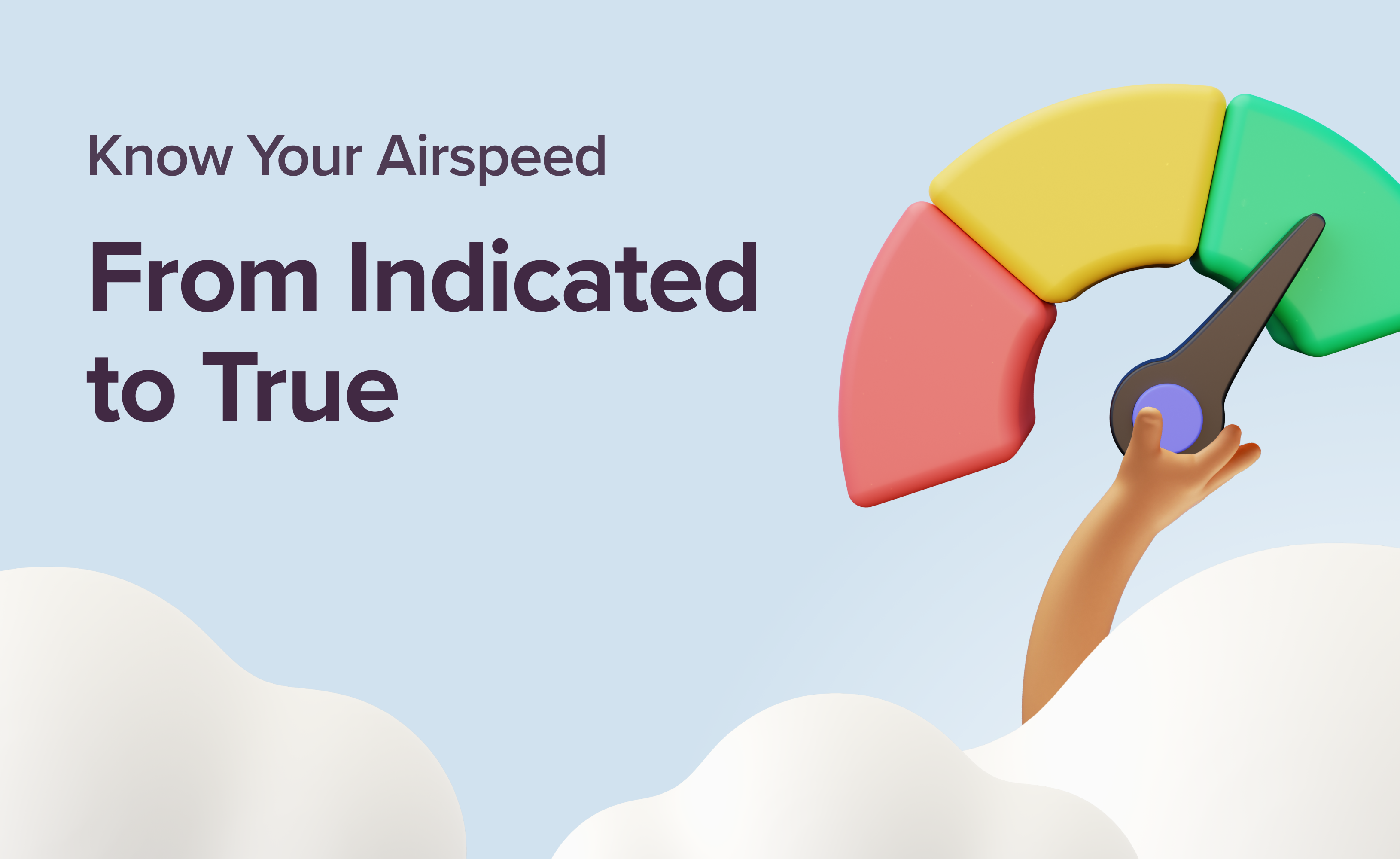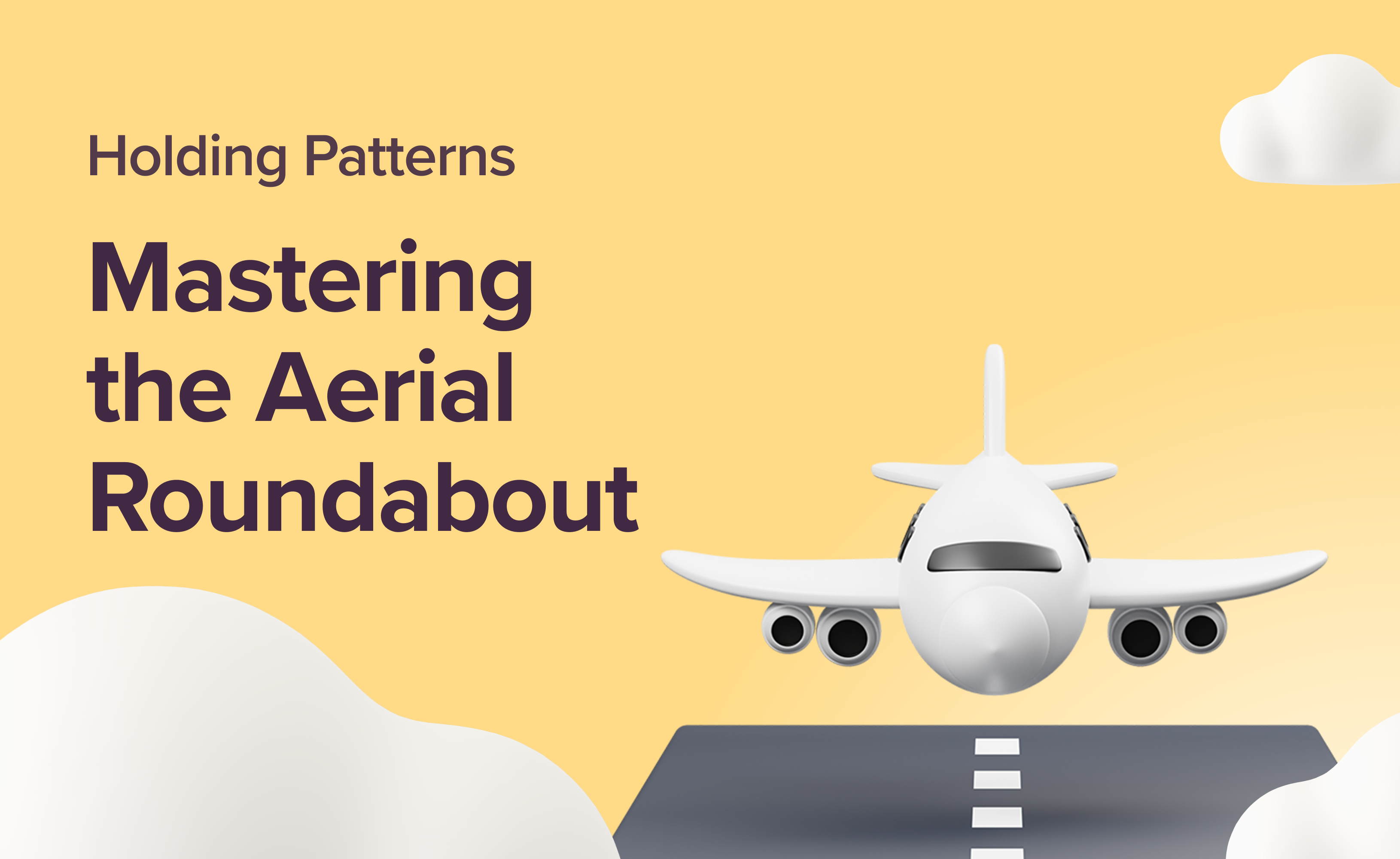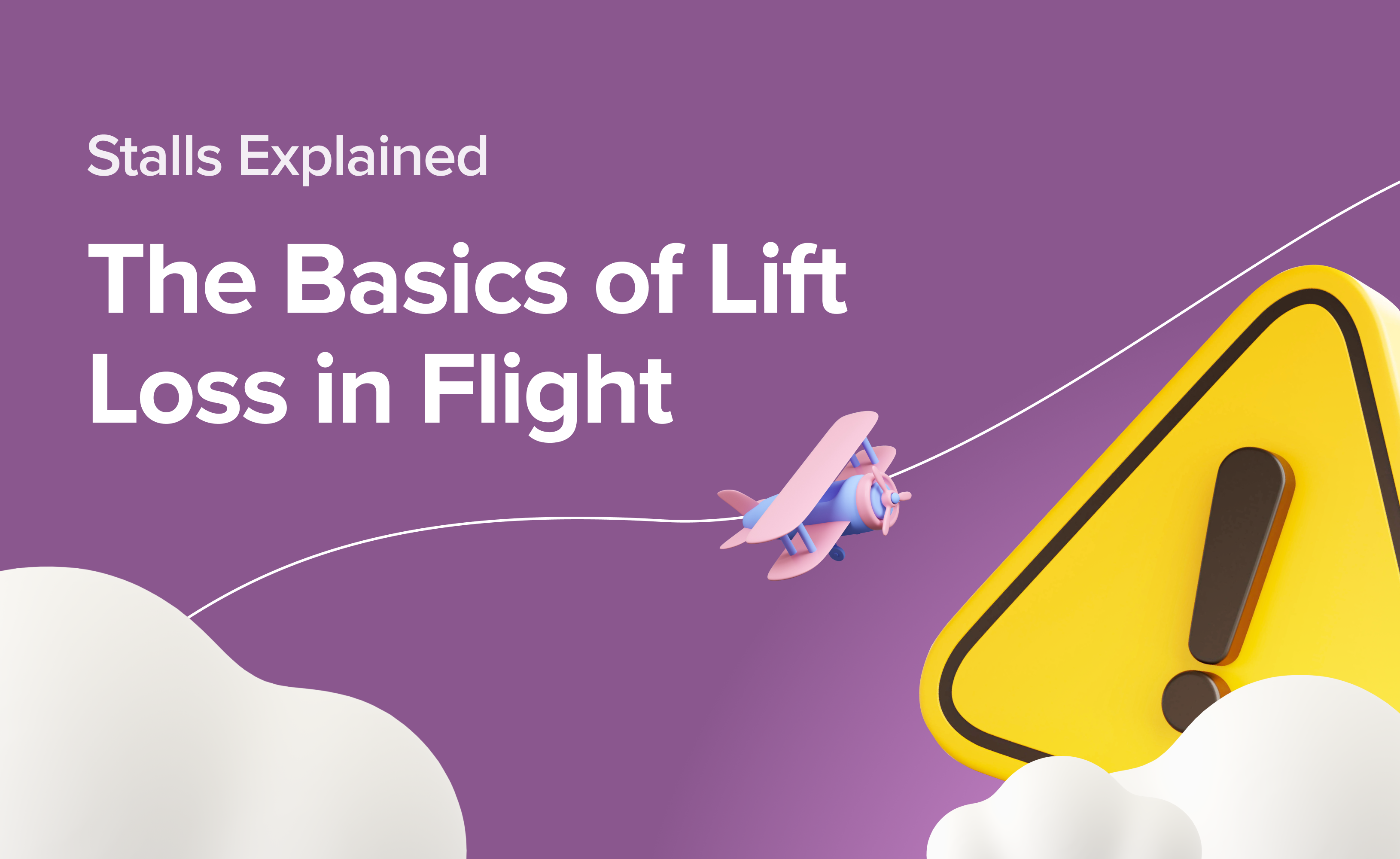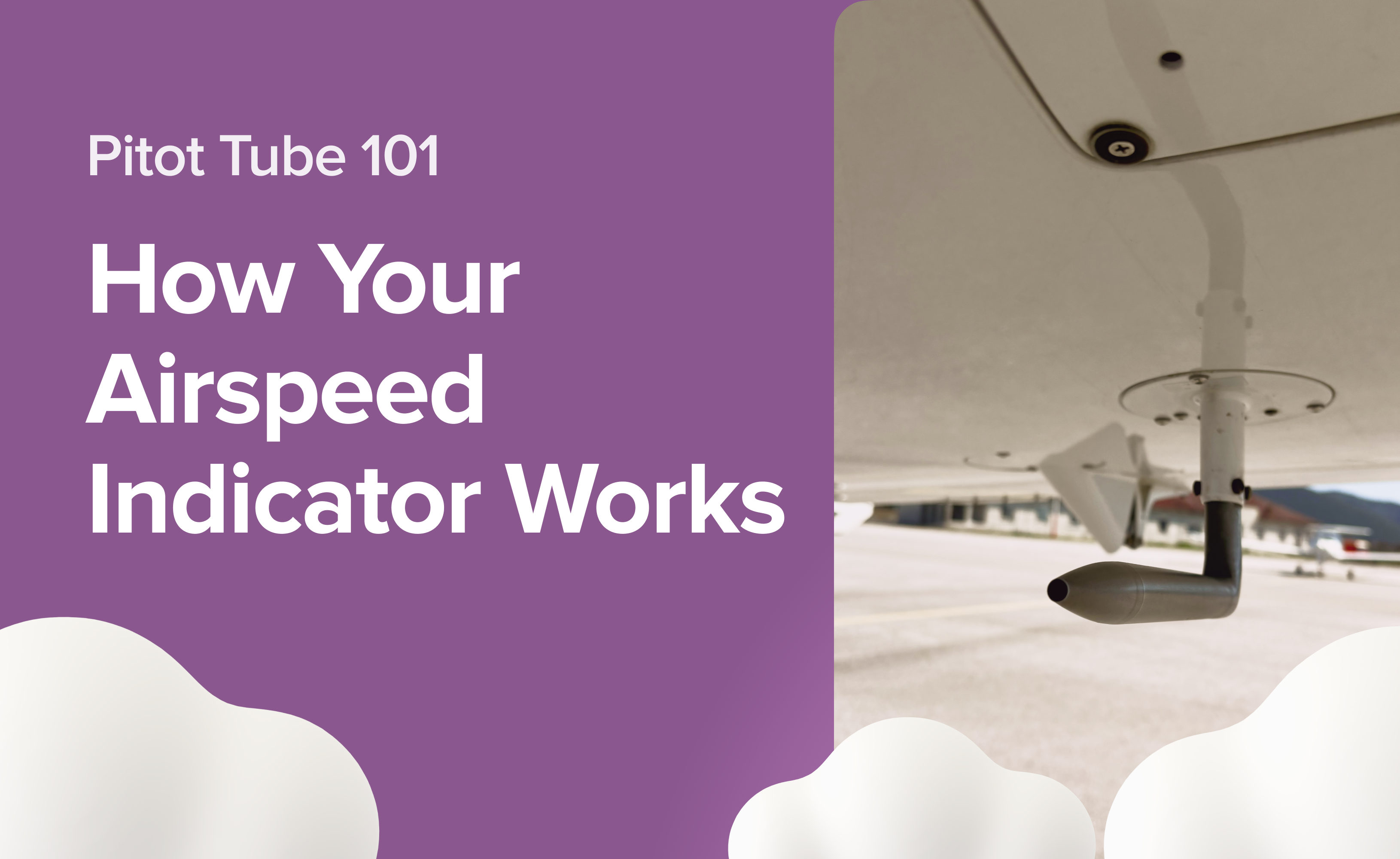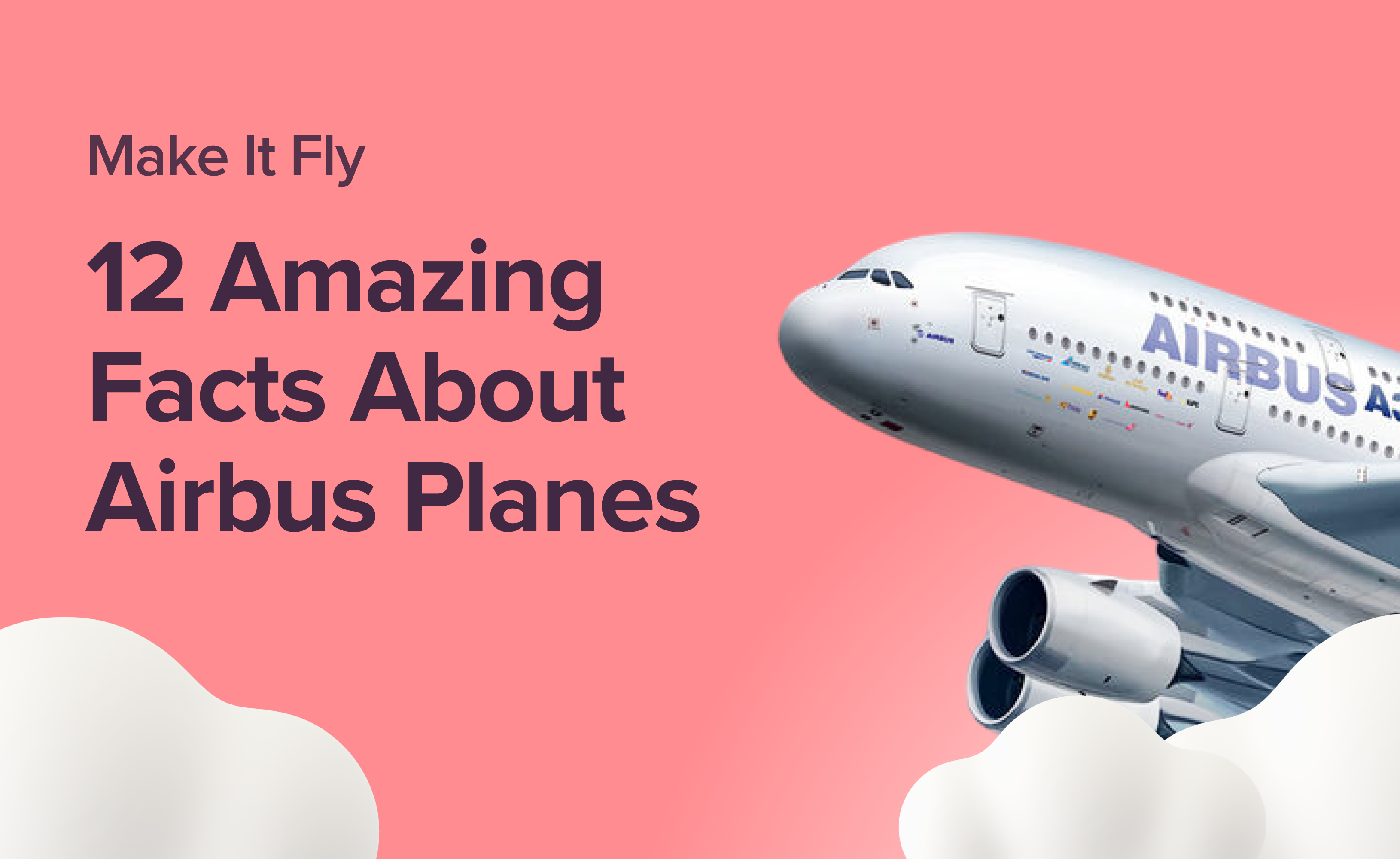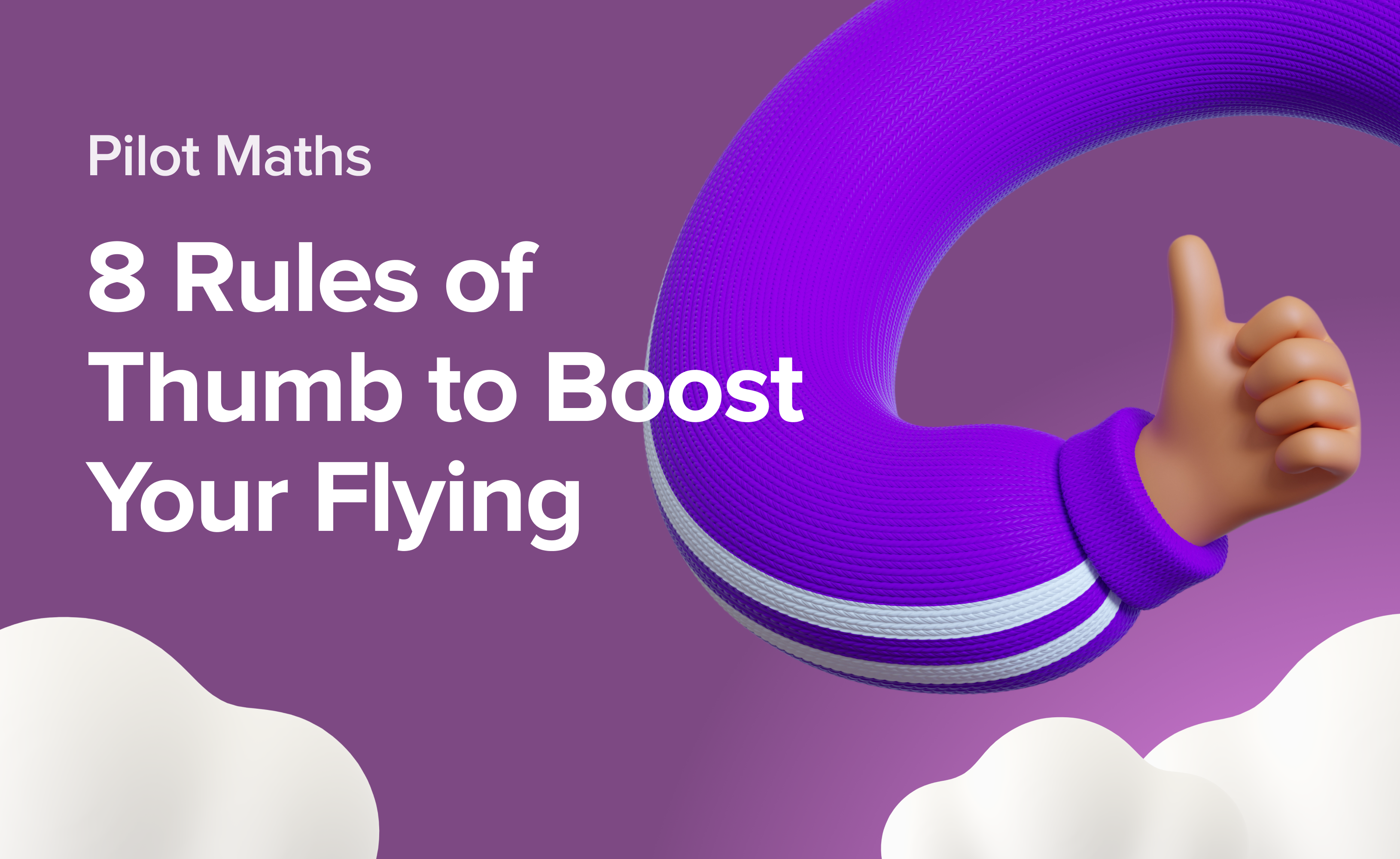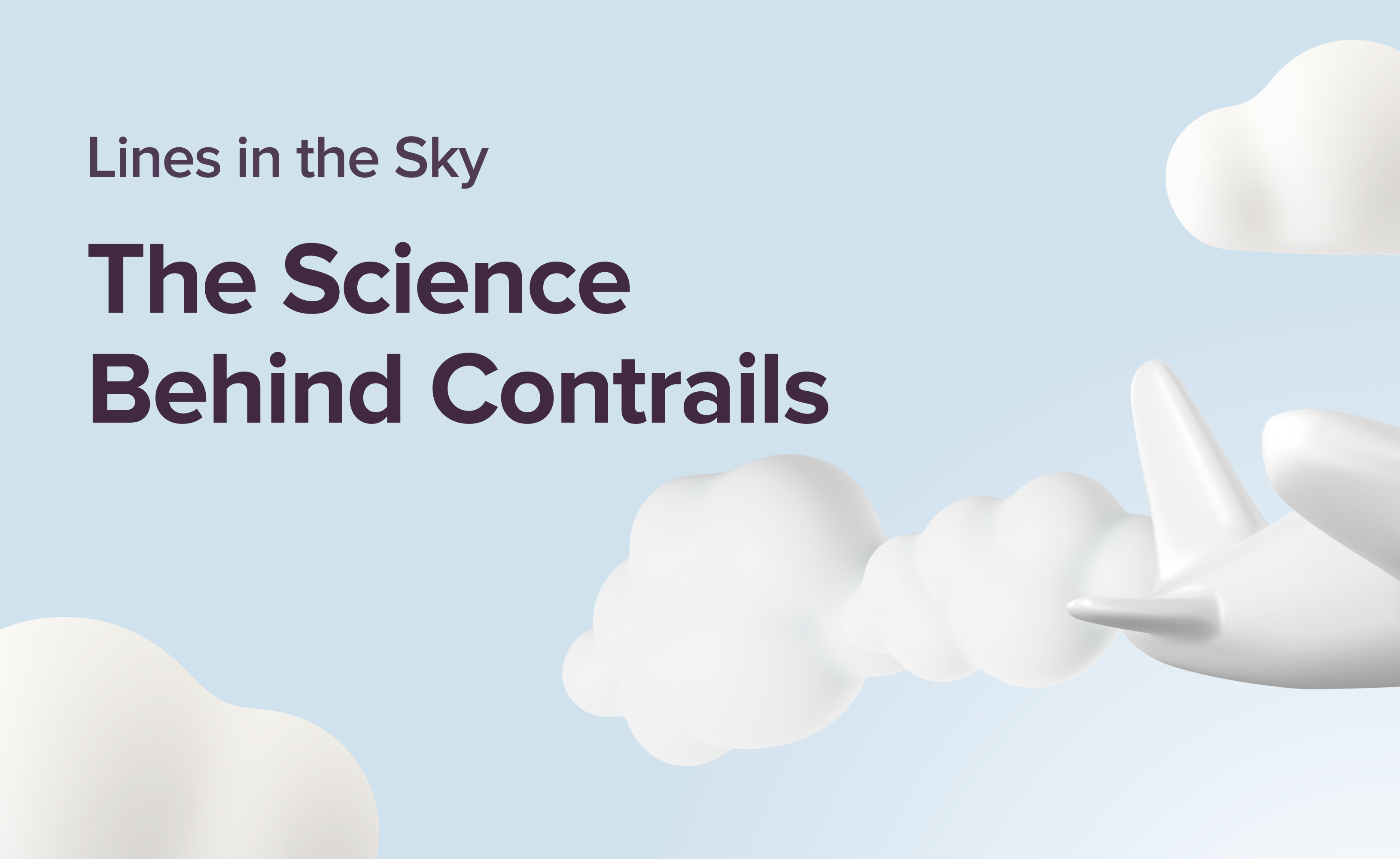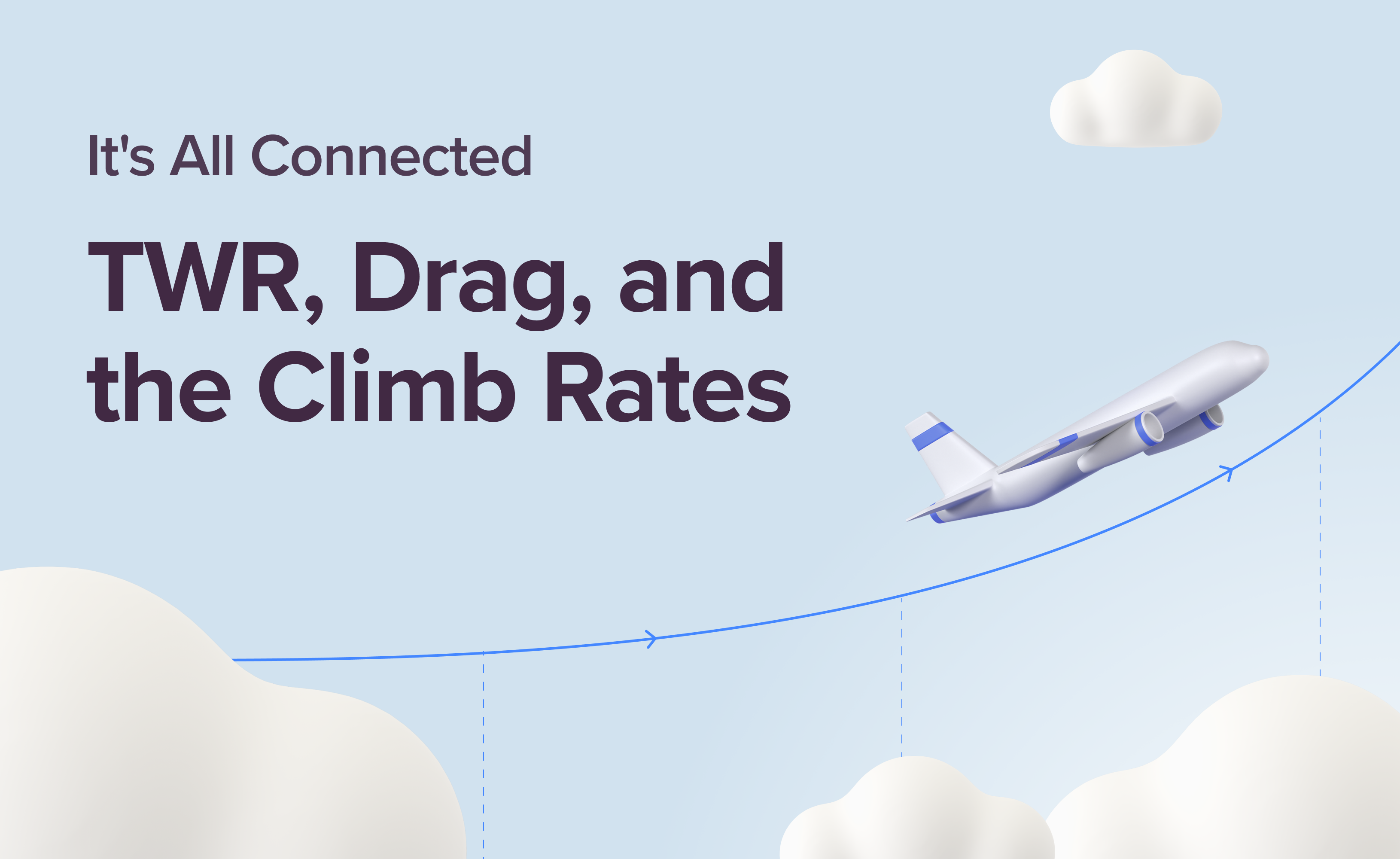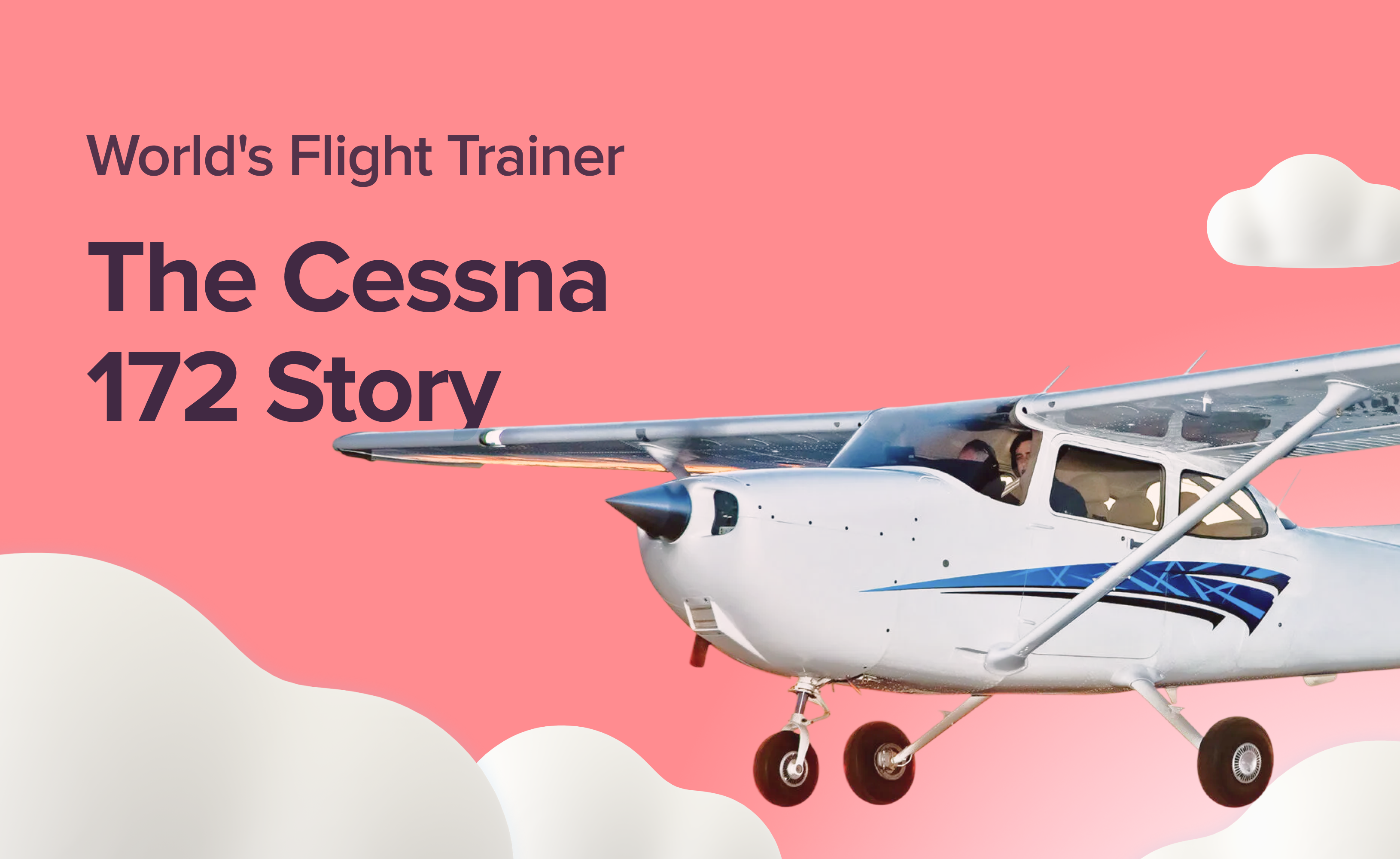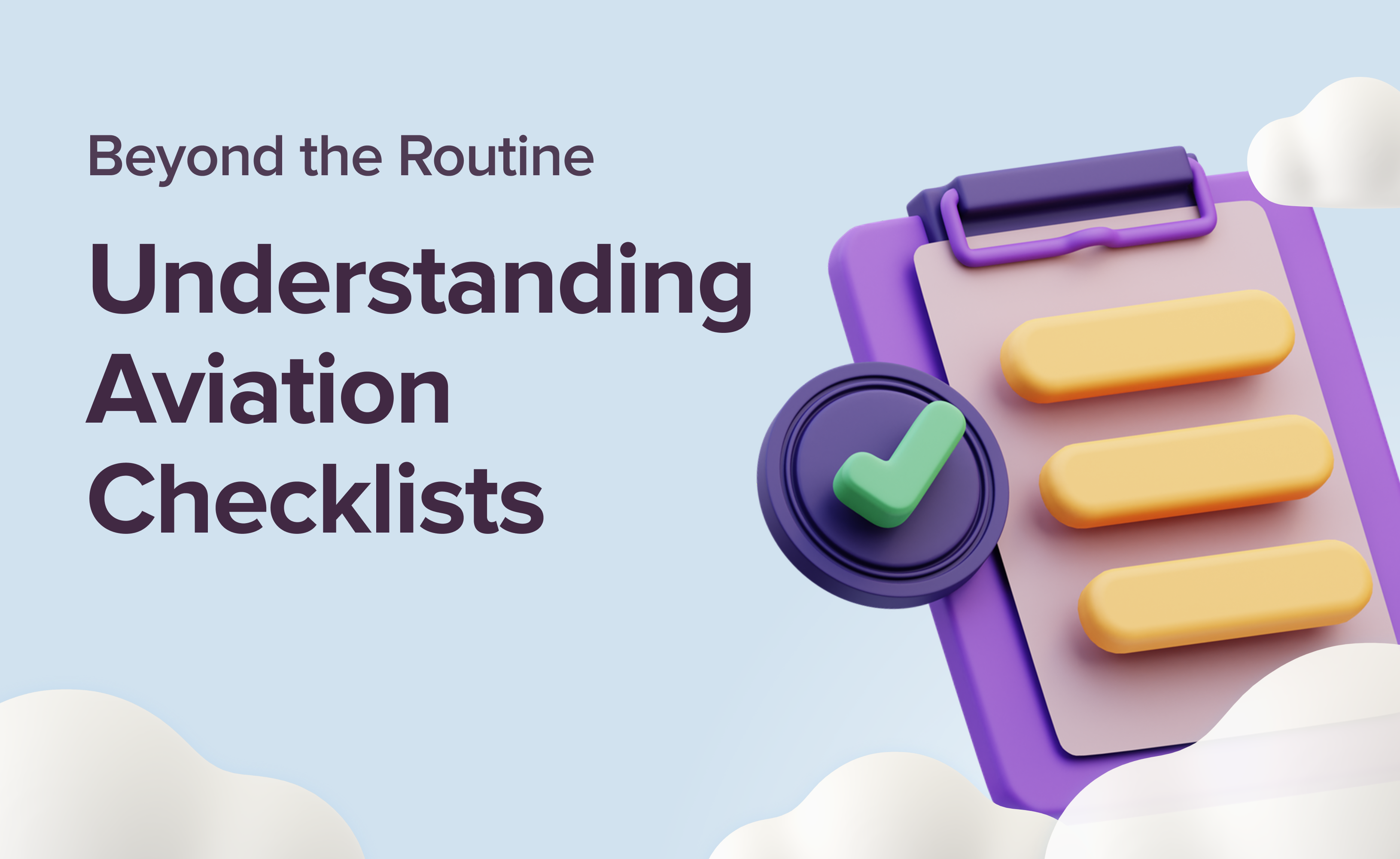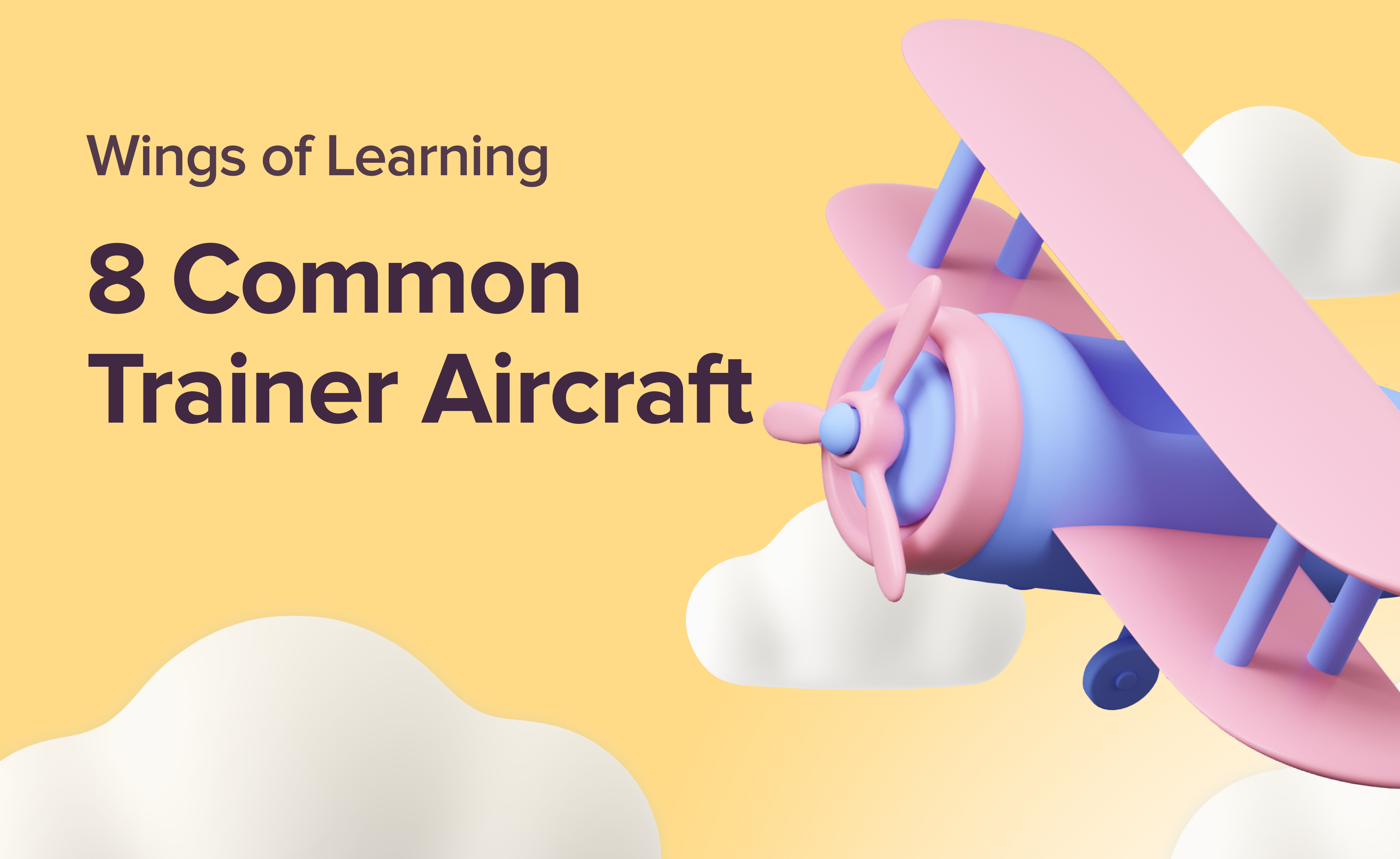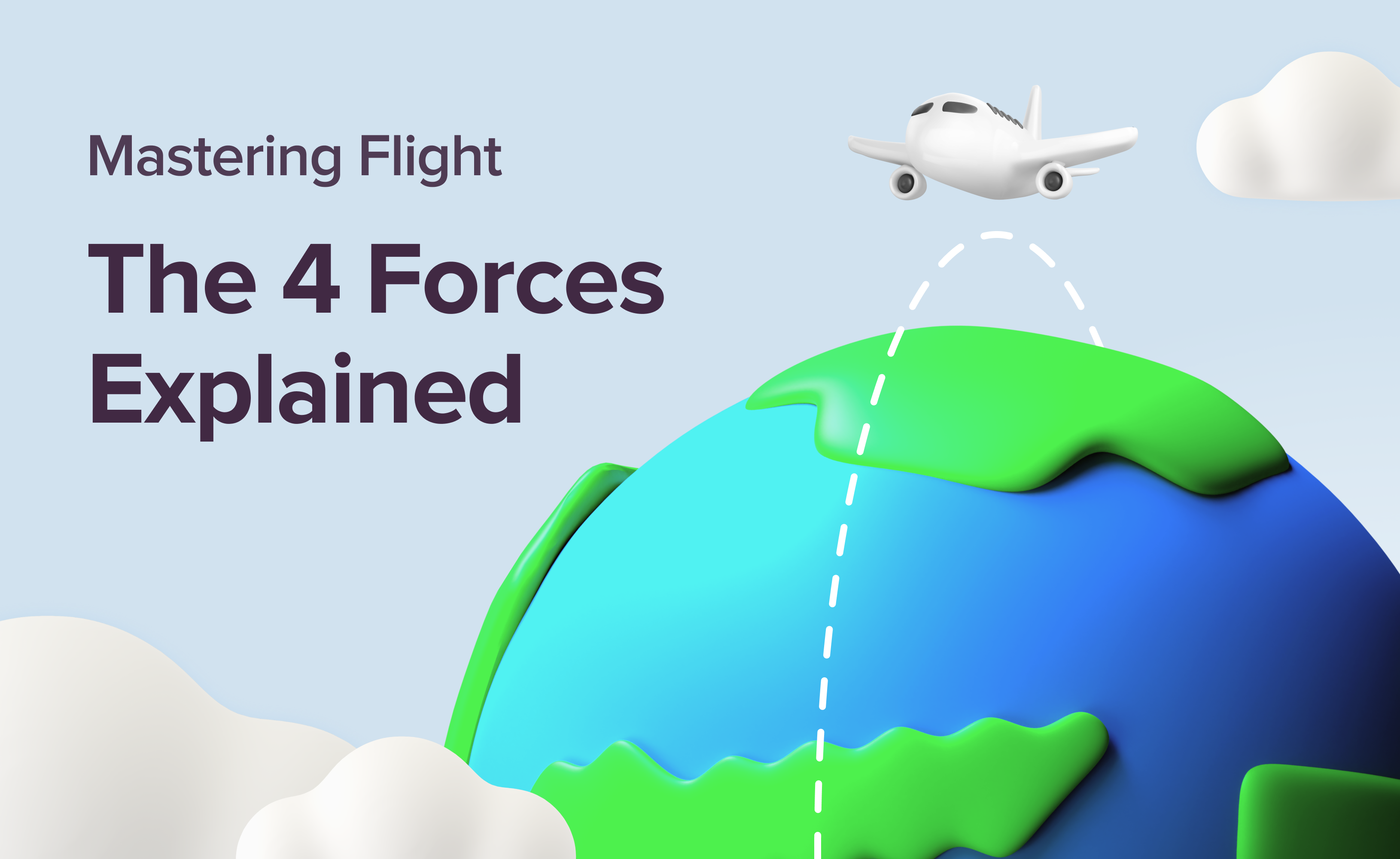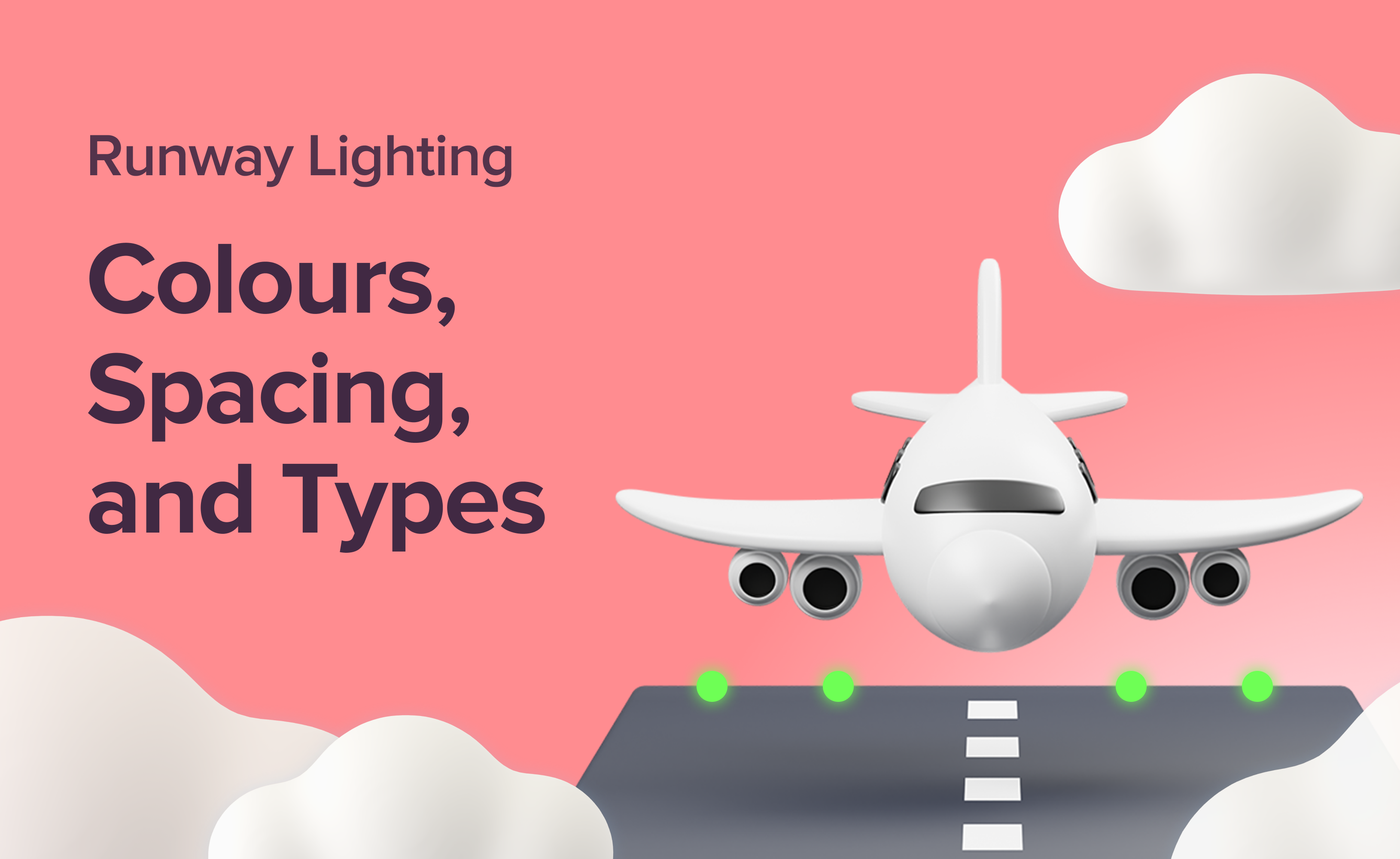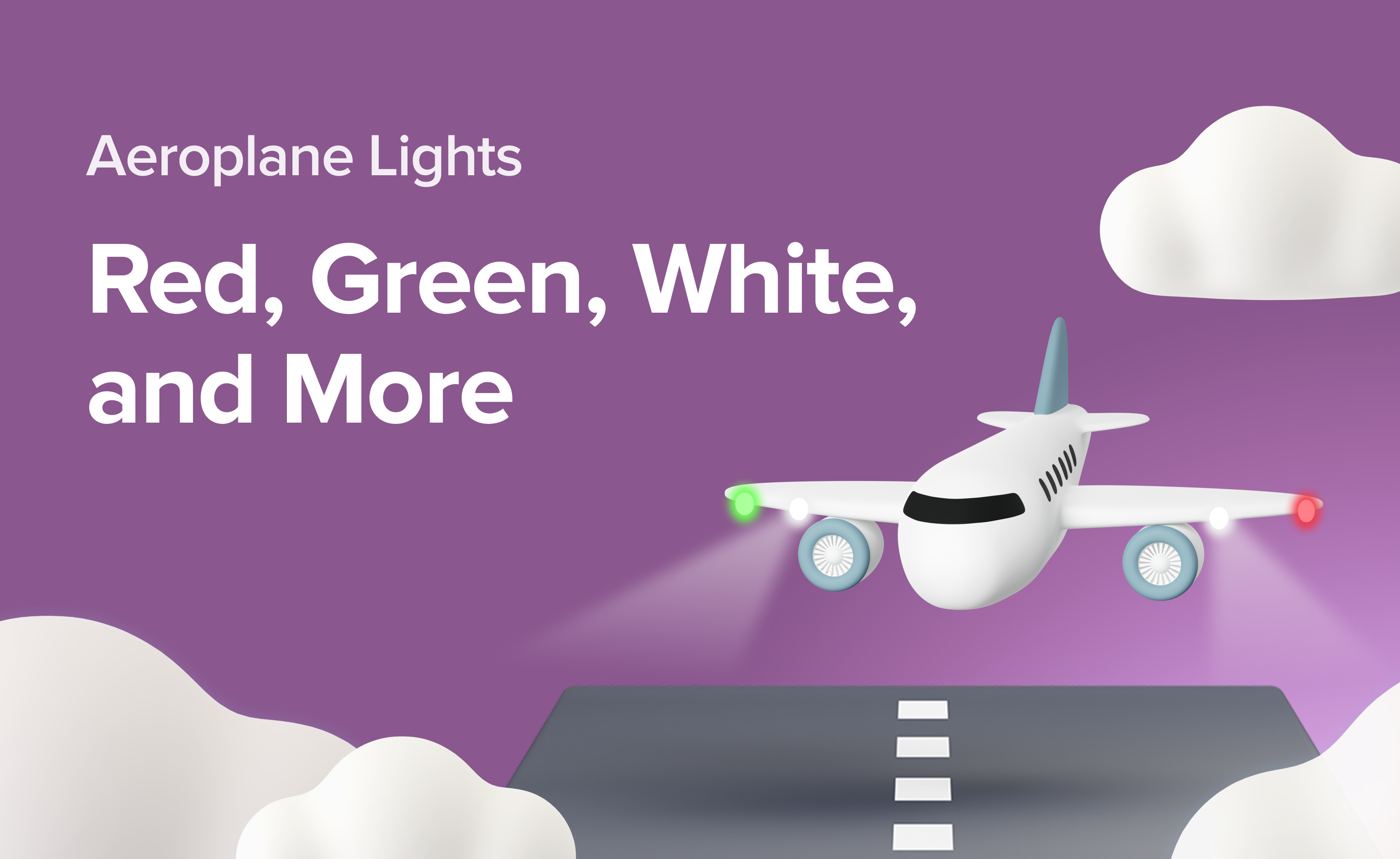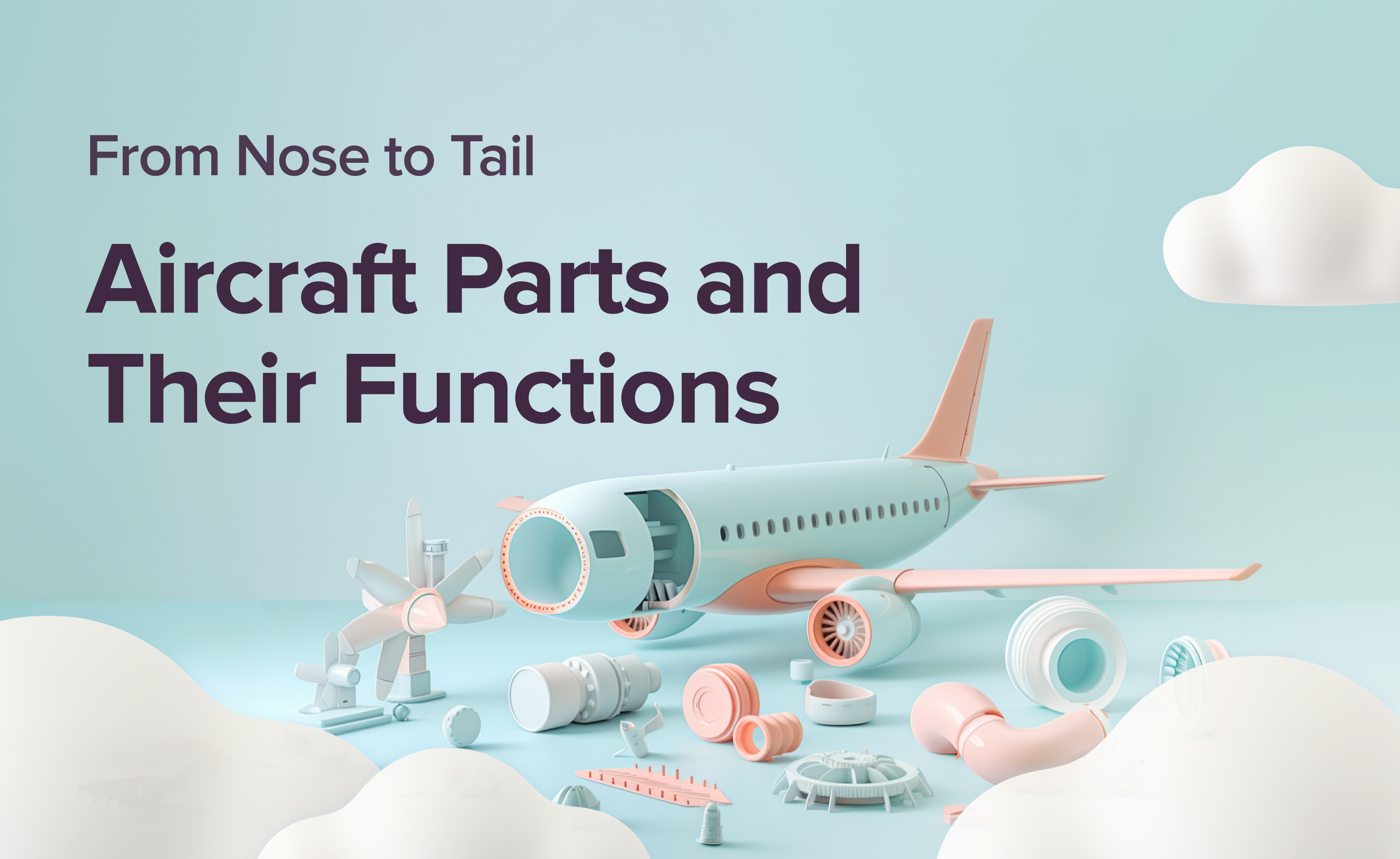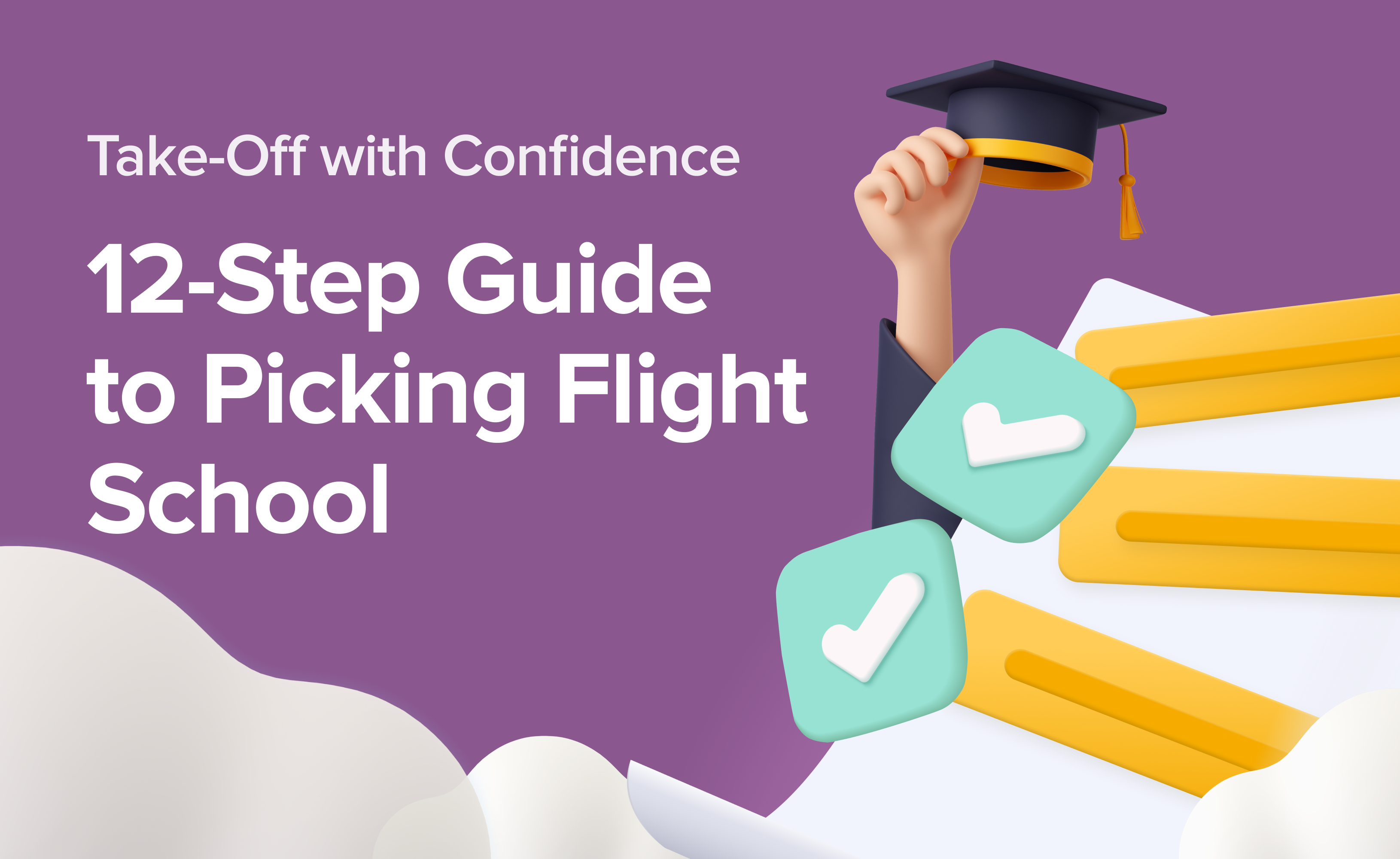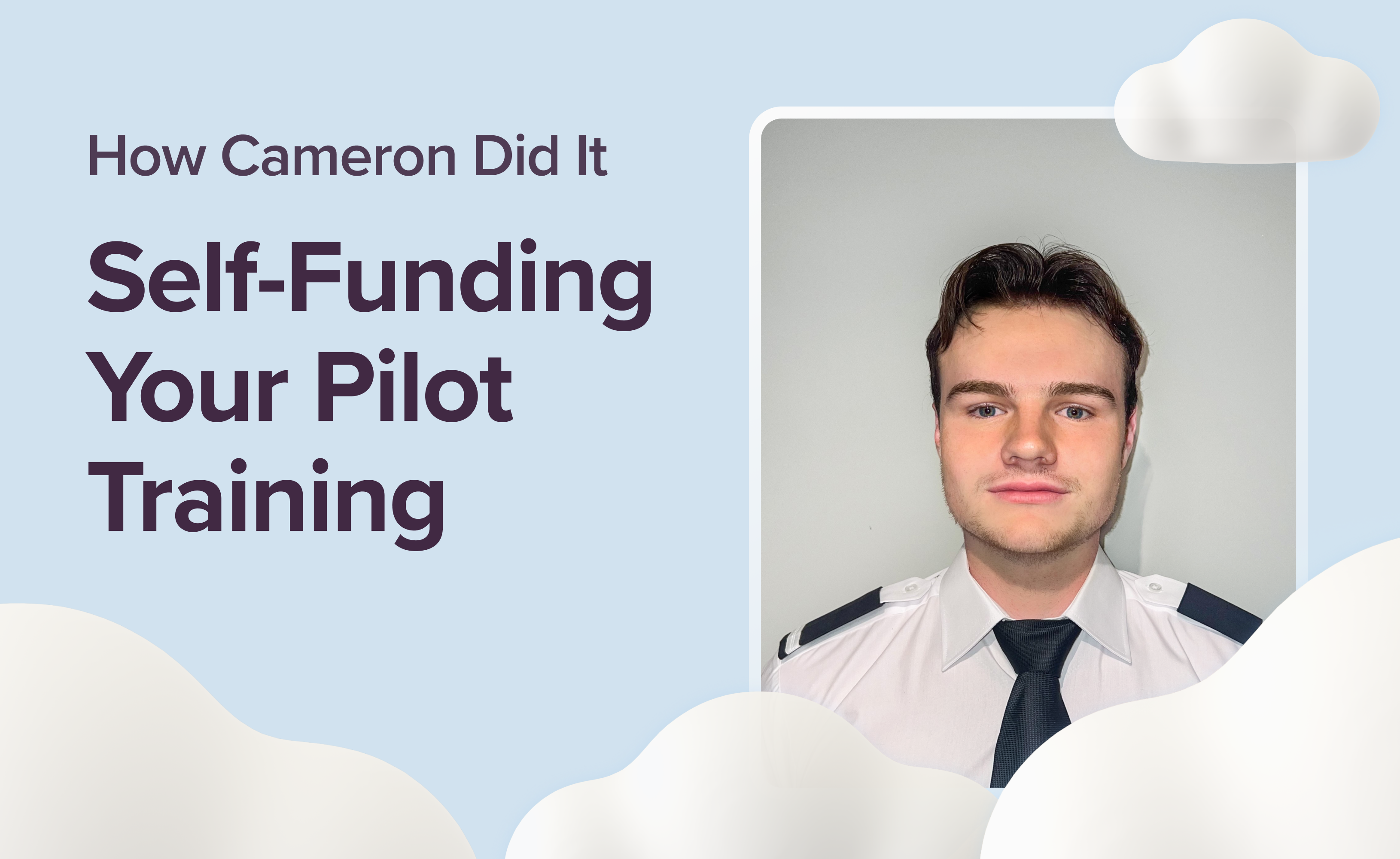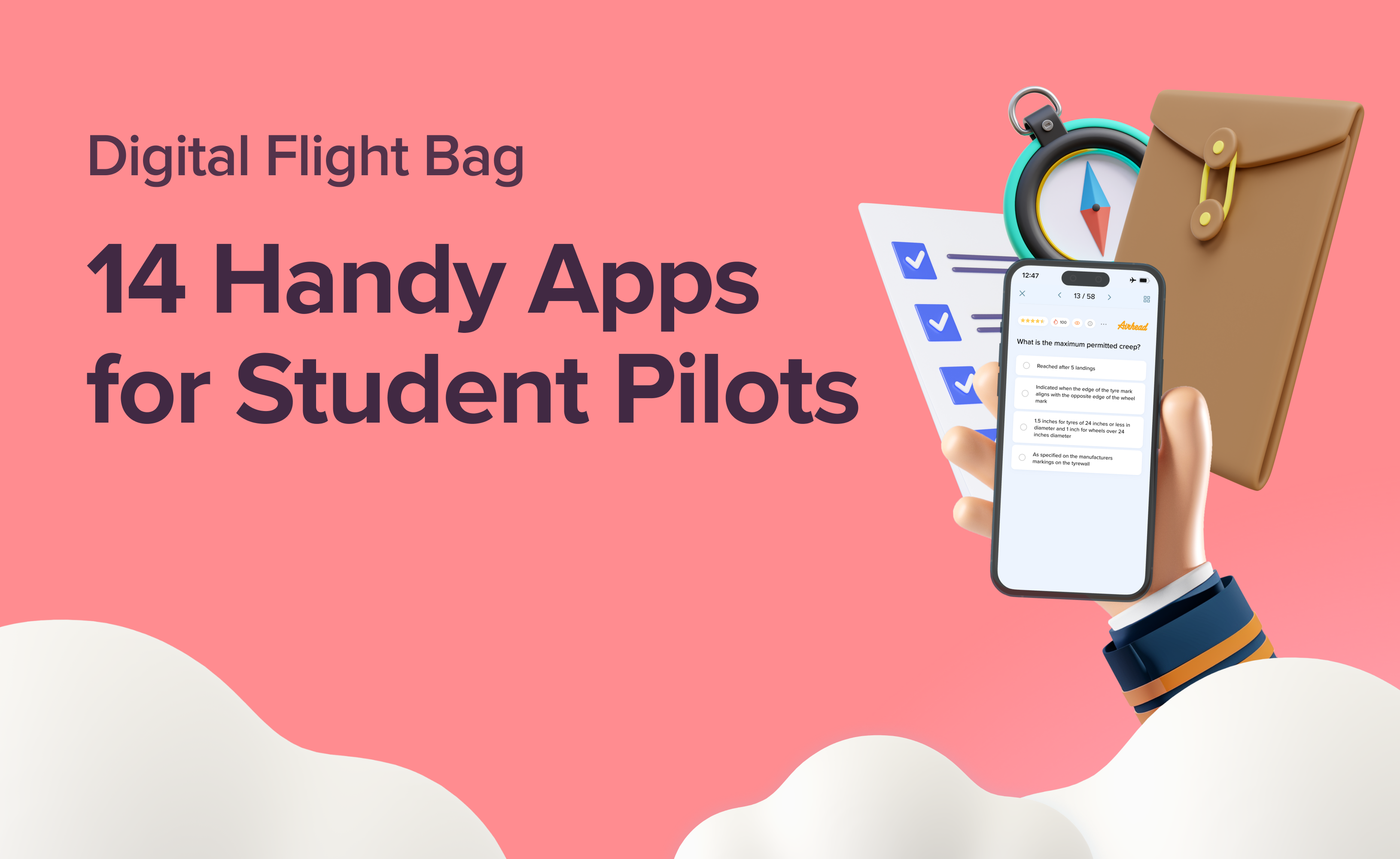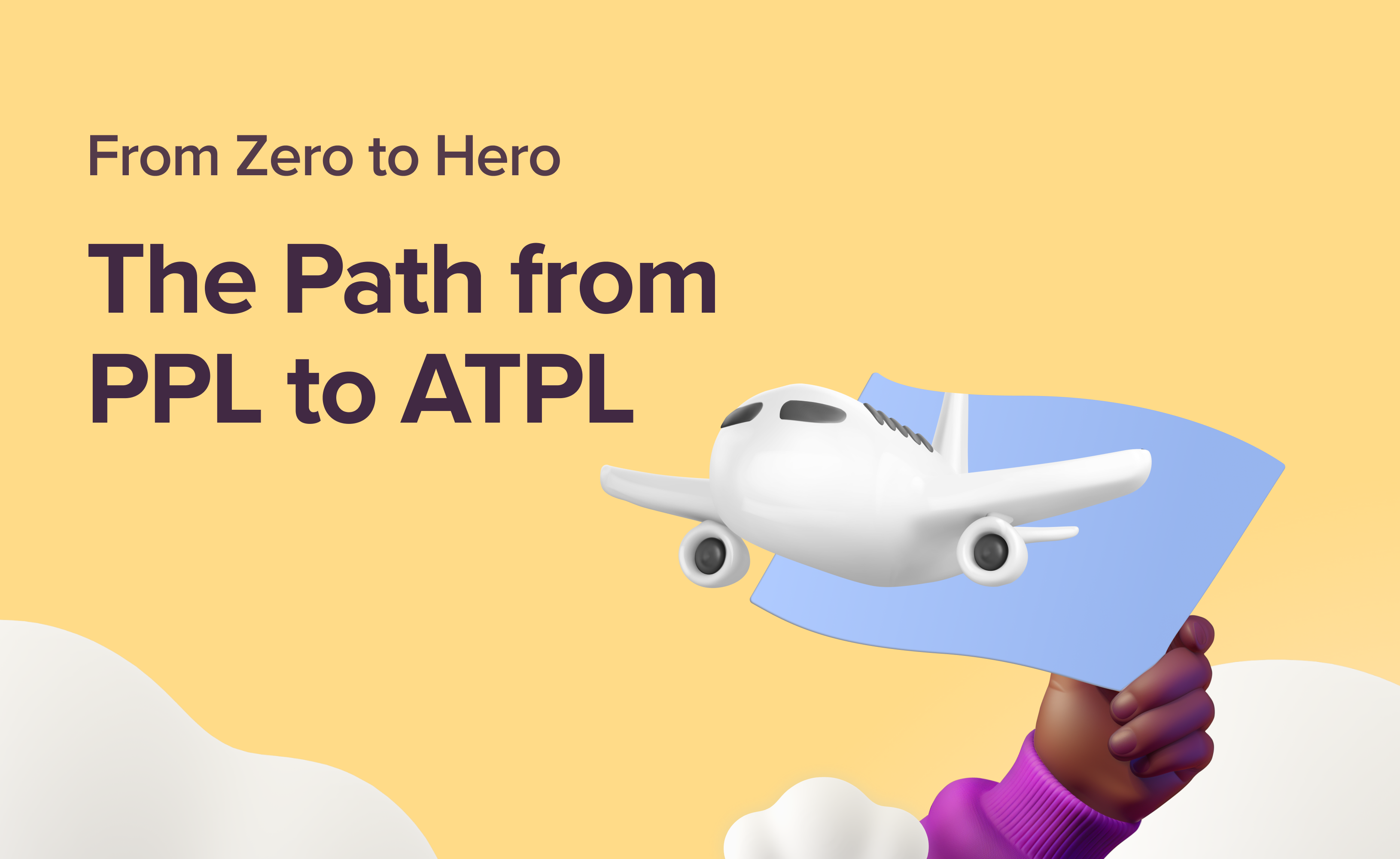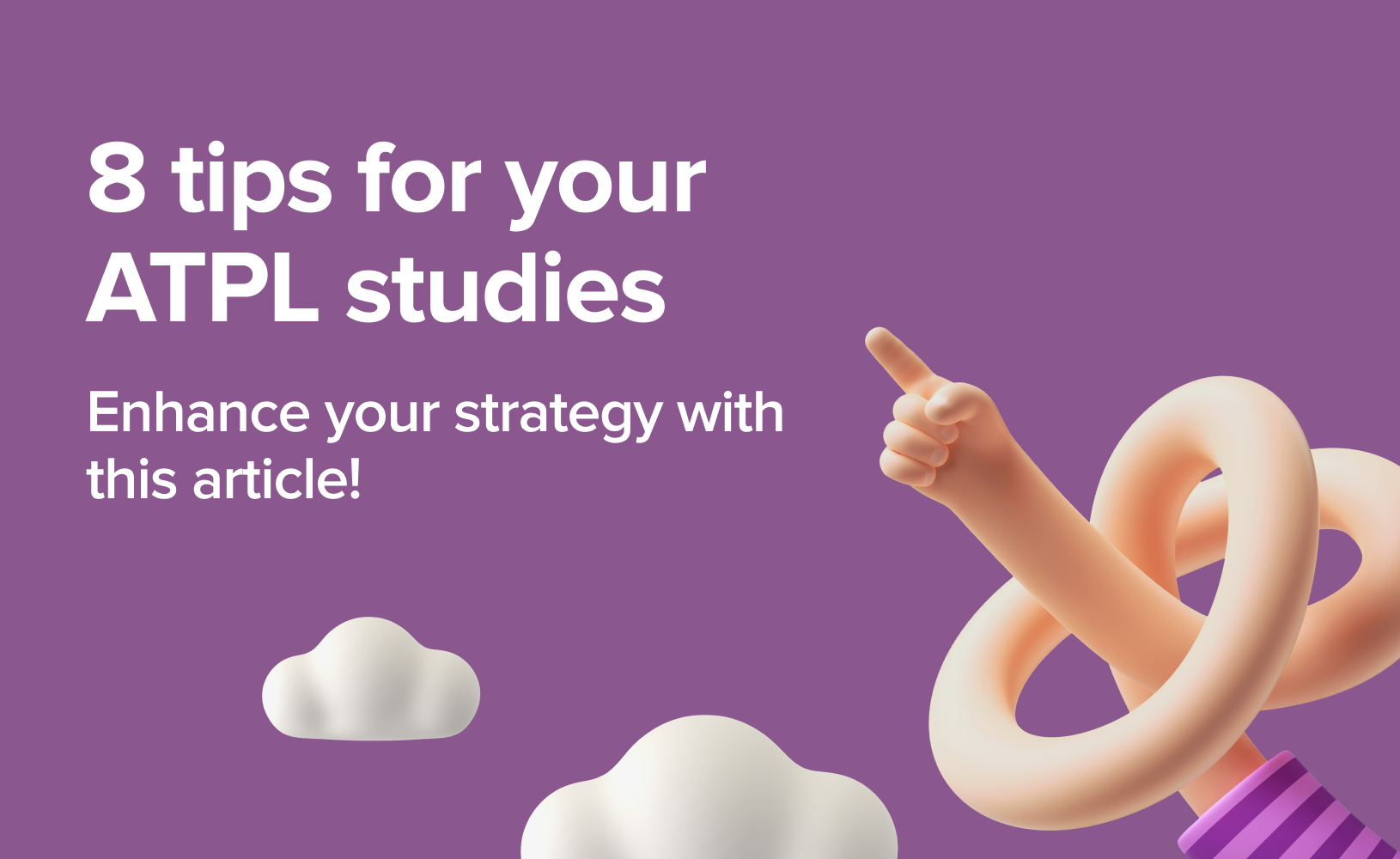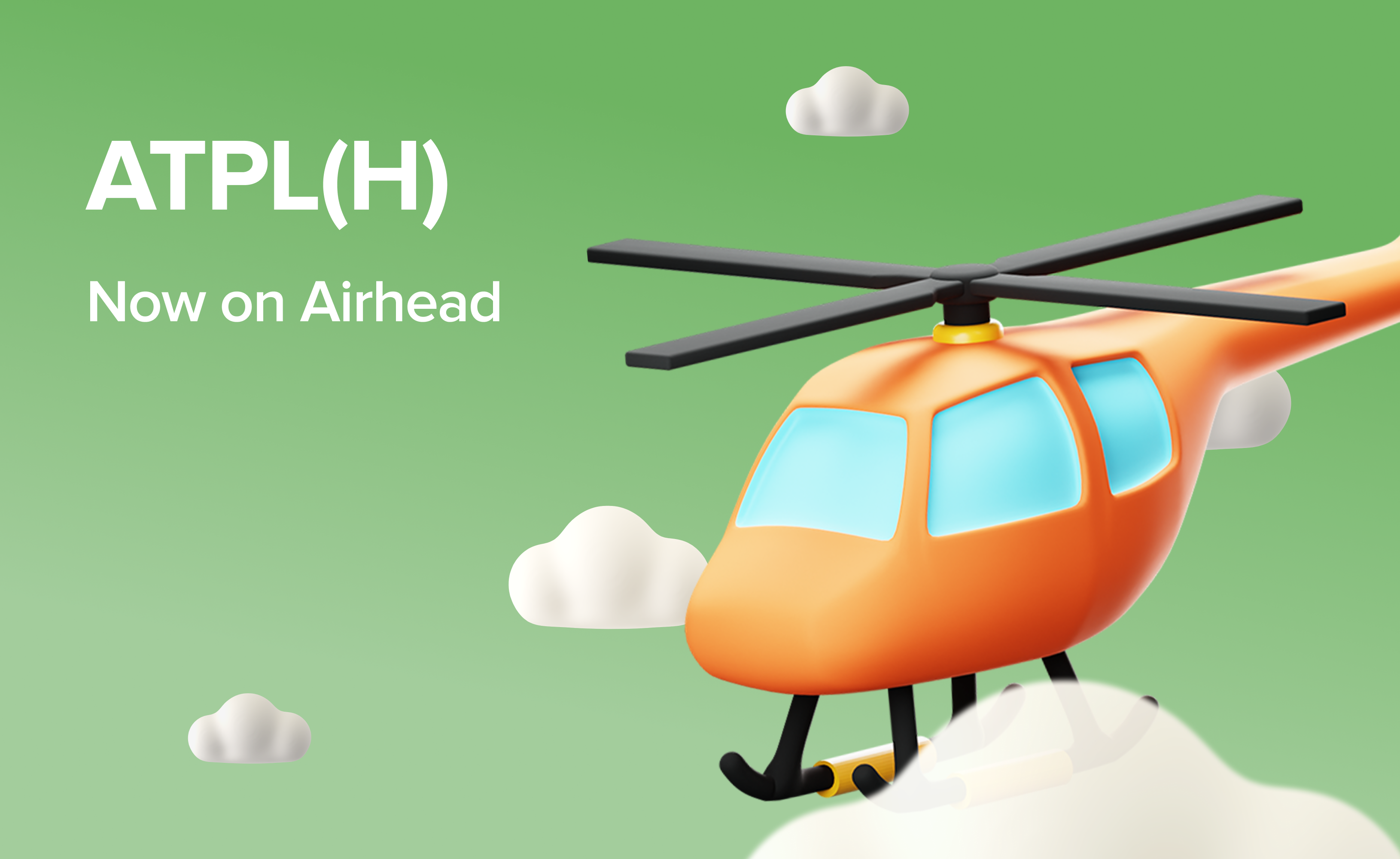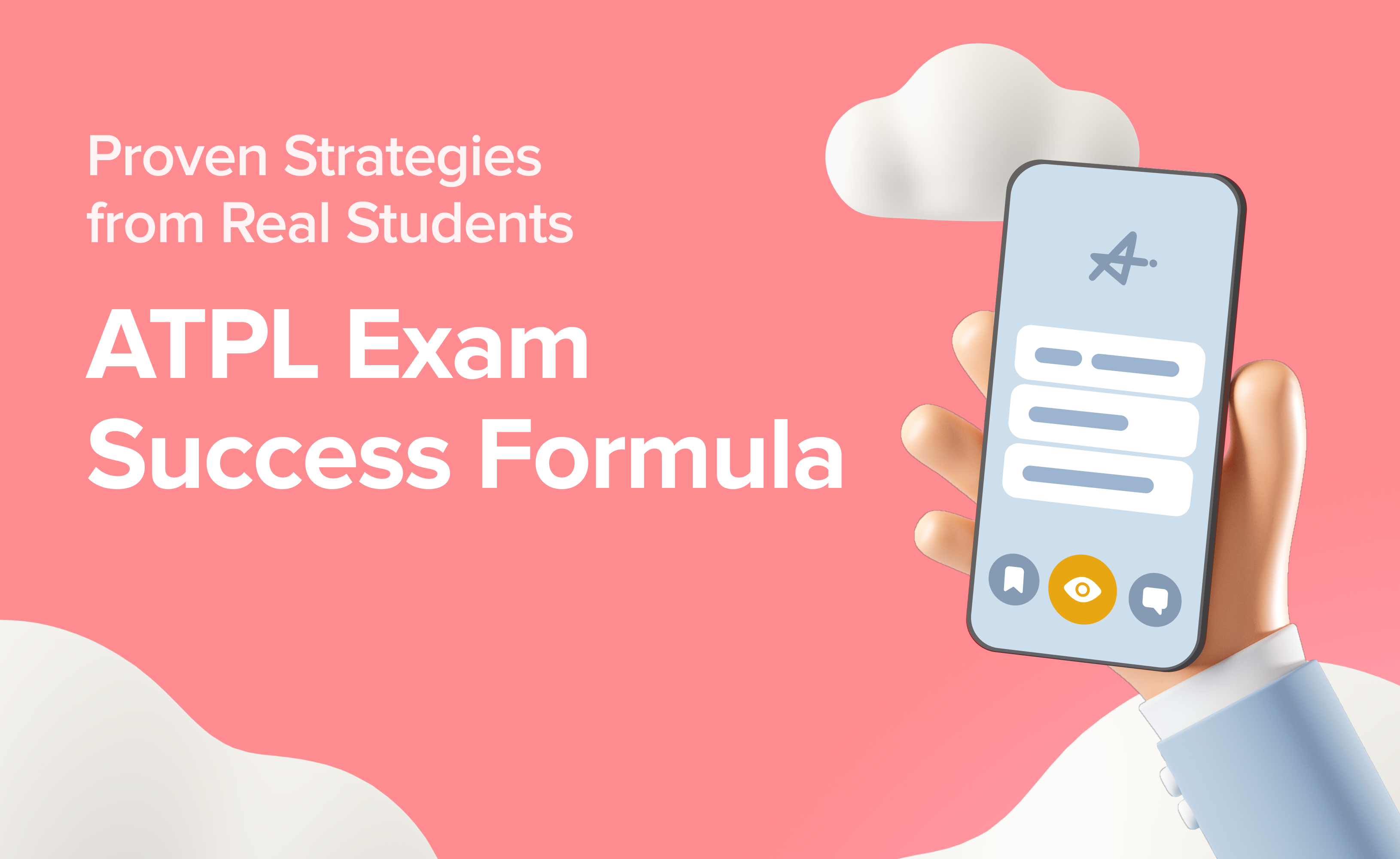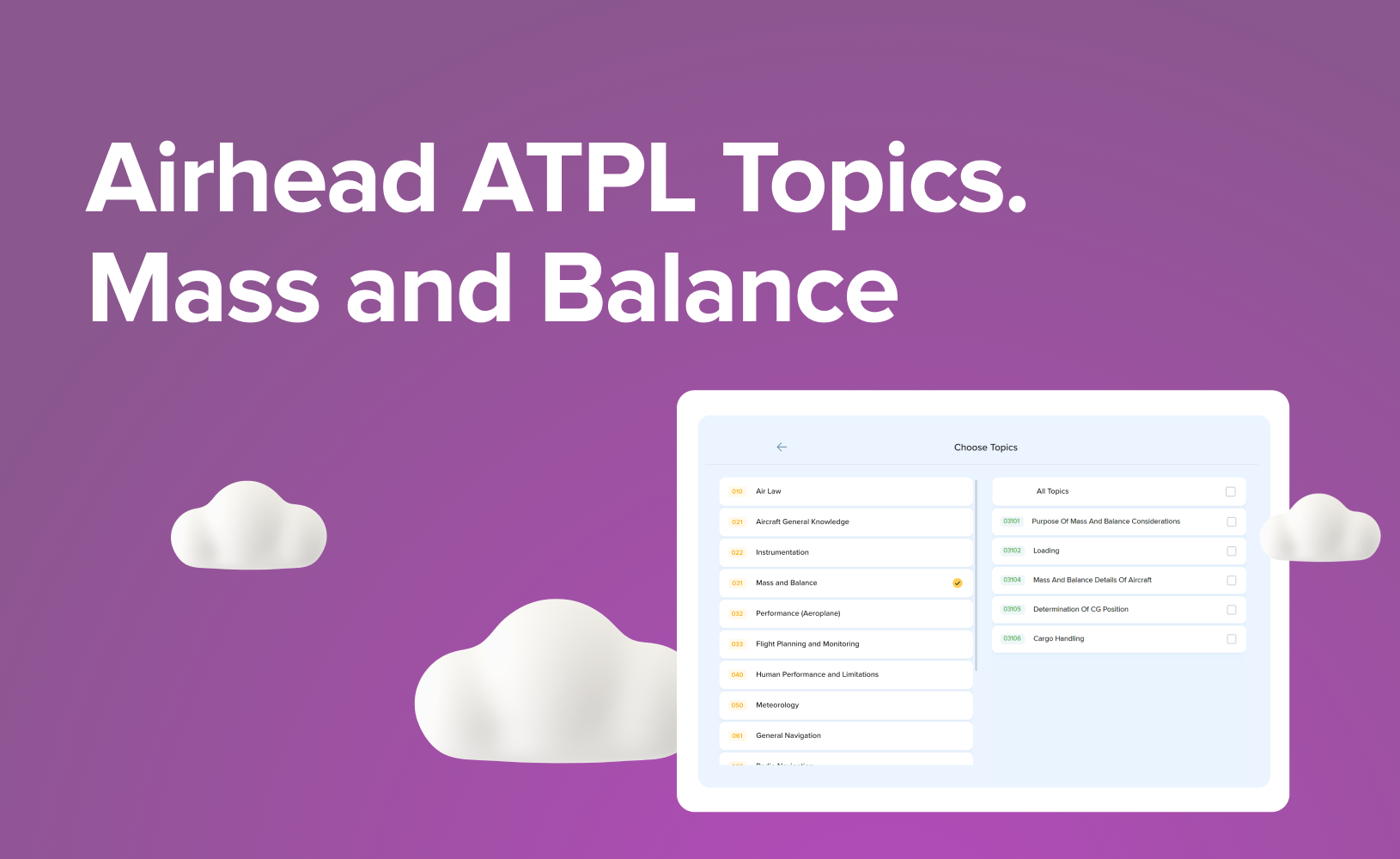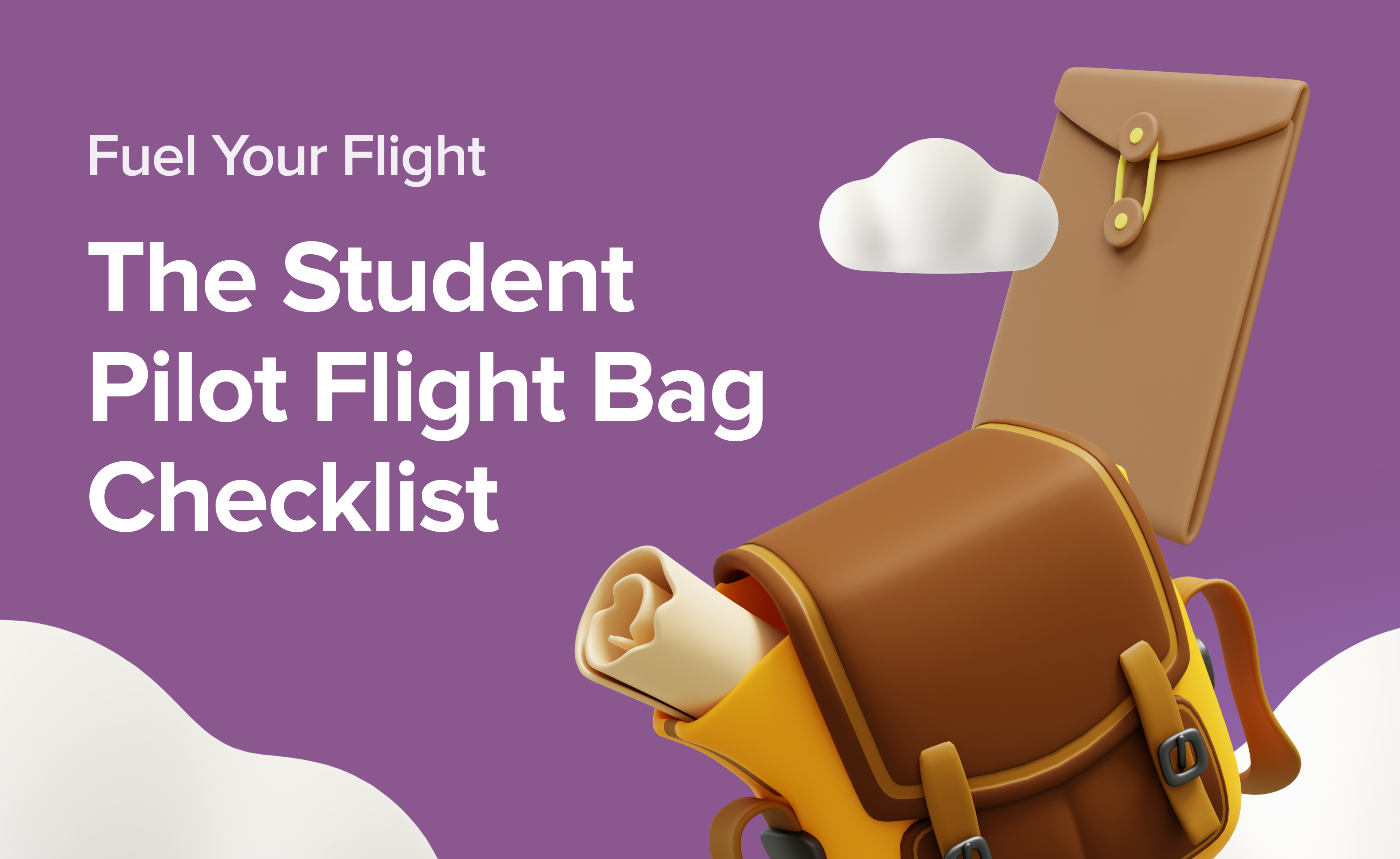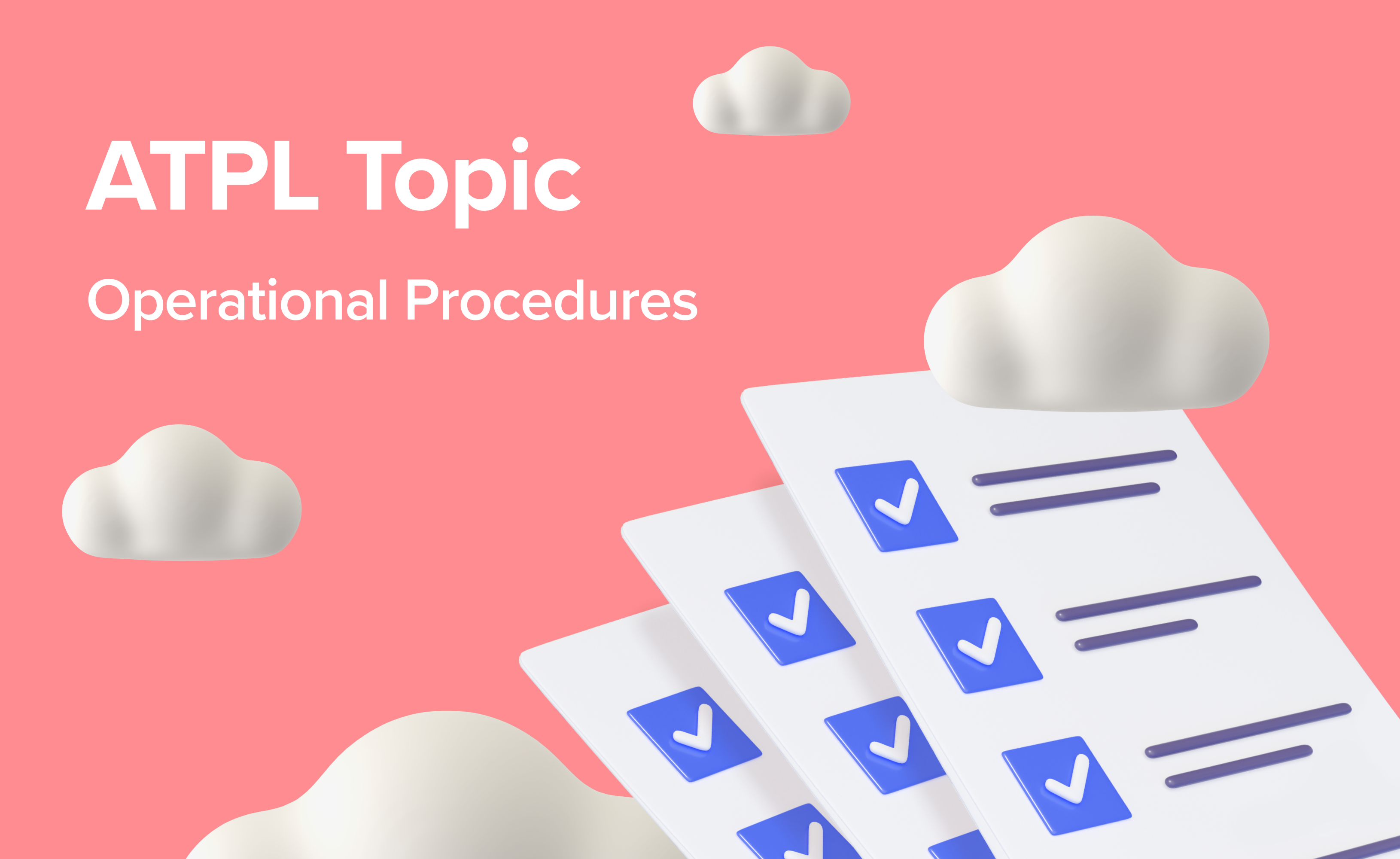Trial Flight: Your First Step to The Dream
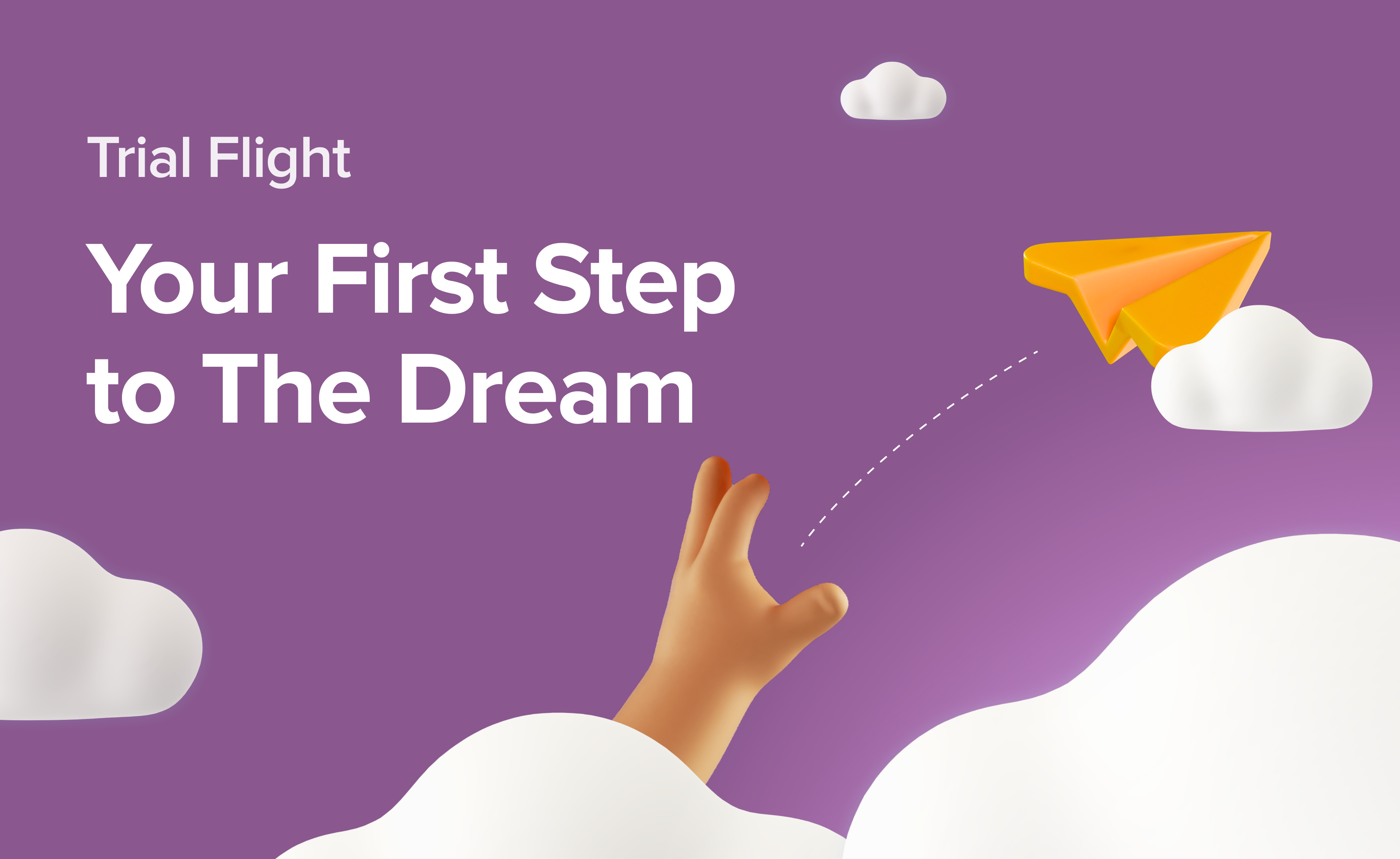
Dreaming of soaring through the skies is something many of us share. The allure of being in control of an aircraft, navigating above the clouds, and feeling the freedom that comes with flight is captivating. But for those considering becoming a pilot—whether as a career or a hobby—there’s always that lingering question: “Is piloting a plane really for me?”
It’s a big commitment to pursue flight training, both in terms of time and resources, and it’s natural to have doubts. That’s where Trial Flights come in — a low-pressure, high-reward way to get a taste of flying. Whether you dream of an aviation career or just want to explore flying for hobby and fun, a trial flight allows you to experience the thrill of aviation without diving in head first. Let’s explore how this introductory flight could be your perfect first step toward the sky.
Looking for a rewarding aviation career? Explore your options in the UK and Europe with our informative blog post, How to Become a Pilot in the UK & Europe.
What is a Trial Flight
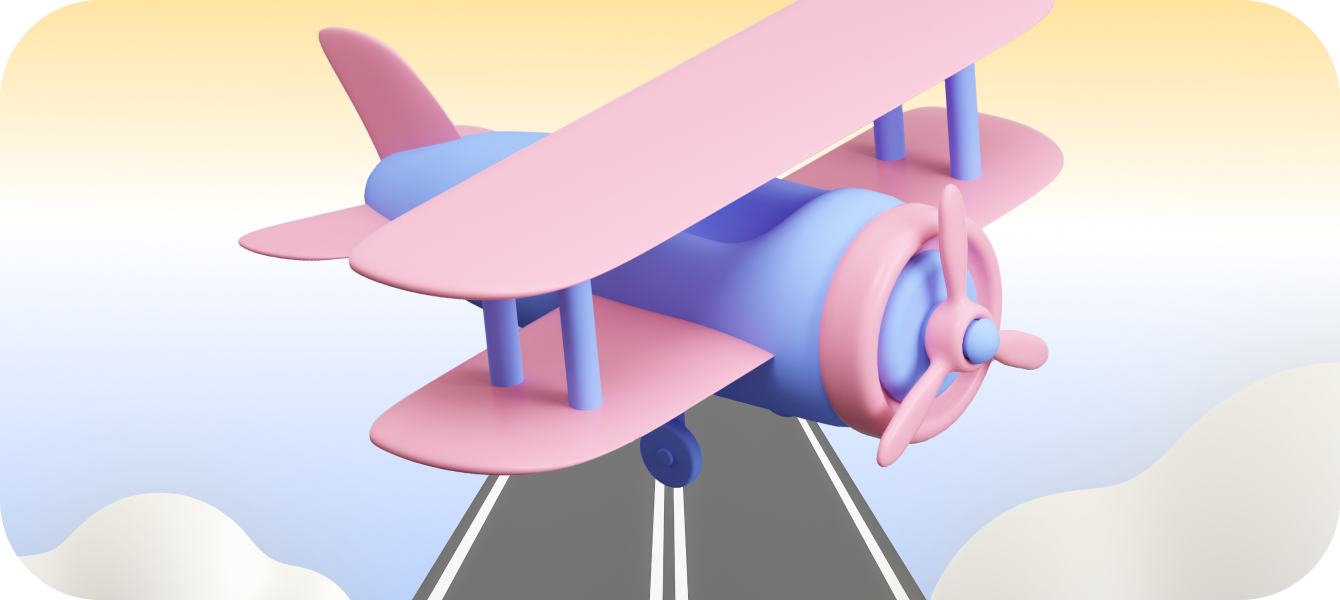
A Trial Flight is an introductory flight experience designed to give you a feel for what it’s like to be in control of an aircraft. Think of it as your first “hands-on” flying lesson but without the full commitment to a training course. During the flight, you’ll sit alongside a qualified flight instructor who will guide you through the basics of flying, including how the controls work and how the aircraft responds to your inputs. It’s a thrilling way to see if flying suits you.
This isn’t just a sightseeing tour — you’ll get to fly the plane under the instructor’s supervision. You will do simple movements and maybe even take-off or land, depending on how confident you are. No prior experience is needed, and it’s open to anyone with a curiosity for flight. Whether you’re considering a career as a pilot or just want to see if flying is for you, a trial flight is the perfect introduction to the world of aviation.
Are you dreaming of becoming an airline pilot? Learn about the steps involved in the PPL to ATPL journey in our informative blog post, From Zero to Hero: The Path from PPL to ATPL.
Trial vs Experience Flights
While Trial Flights and Experience Flights sound similar, they have some key differences. A Trial Flight is focused on giving you an insight into what it feels like to fly the plane.
On the other hand, an Experience Flight is more like a scenic or leisure flight. You’ll get the incredible views and the thrill of being in the air, but you’re usually more of a passenger than a pilot. Experience flights are great for those who want to enjoy the sensation of flying without the pressure of handling the controls.
So, if you want to see whether becoming a pilot is right for you, a Trial Flight is the way to go. It gives you a real taste of what flight training involves, while an experience flight is more about enjoying the ride.
Benefits of a Trial Flight
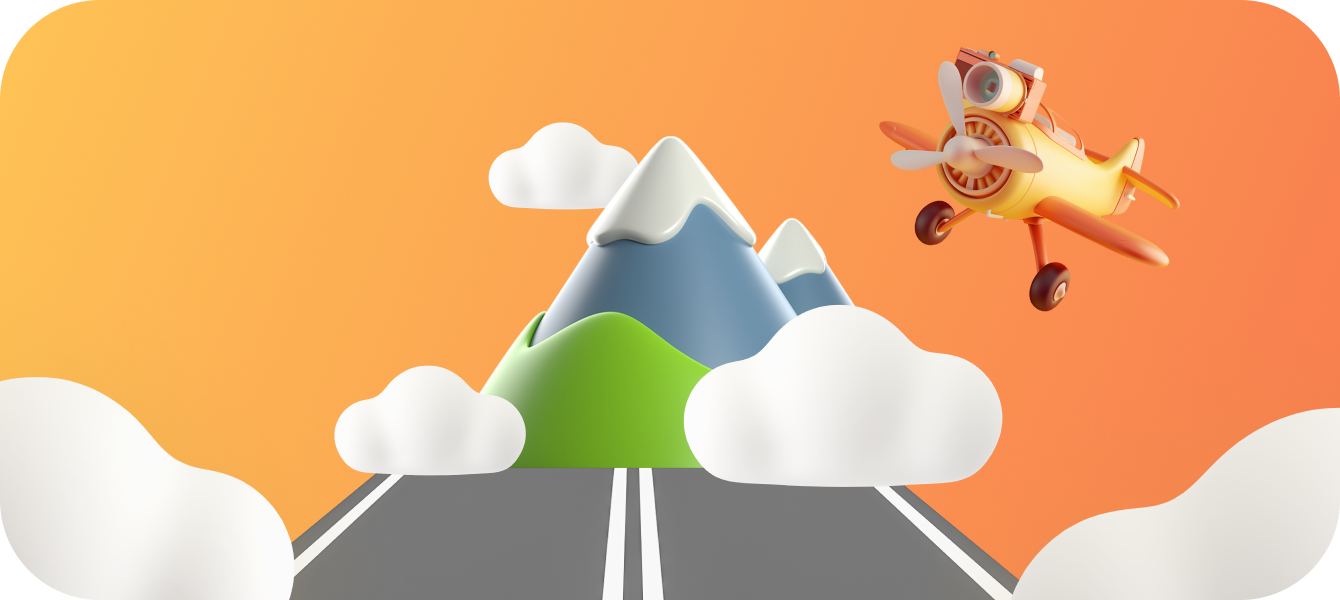
A Trial Flight offers several key benefits, especially if you’re unsure about committing to full flight training. It’s a low-commitment, high-reward way to test the waters before deciding if piloting is for you. You’ll get hands-on experience flying an aircraft, guided by a qualified instructor, all without the need for a long-term commitment or hefty upfront costs.
It’s also a fantastic confidence booster. If you’ve ever wondered whether you have what it takes to fly, a trial flight is the perfect opportunity to find out. You’ll get a feel for the controls, see how the aircraft responds, and find out if the cockpit feels like home. With the instructor by your side, you can explore this new experience without pressure—just pure enjoyment.
Additionally, a trial flight makes a perfect gift for someone who dreams of flying. A trial flight voucher or flying experience gift voucher gives them a chance to fulfil their dream of taking to the skies. It’s a unique and memorable present that offers excitement and insight, whether flying is their potential future career or a lifelong hobby. You can also purchase an unnamed voucher if you're unsure when the recipient can fly, adding flexibility to the gift.
For anyone considering aviation as a lifestyle, this experience will provide practical knowledge, a sense of accomplishment, and most importantly, the answer to whether the pilot's seat is where they truly want to be.
Learn the truth about becoming an airline pilot in our informative blog post, Top 10 Myths About Becoming an Airline Pilot.
What Plane Will You Get to Fly
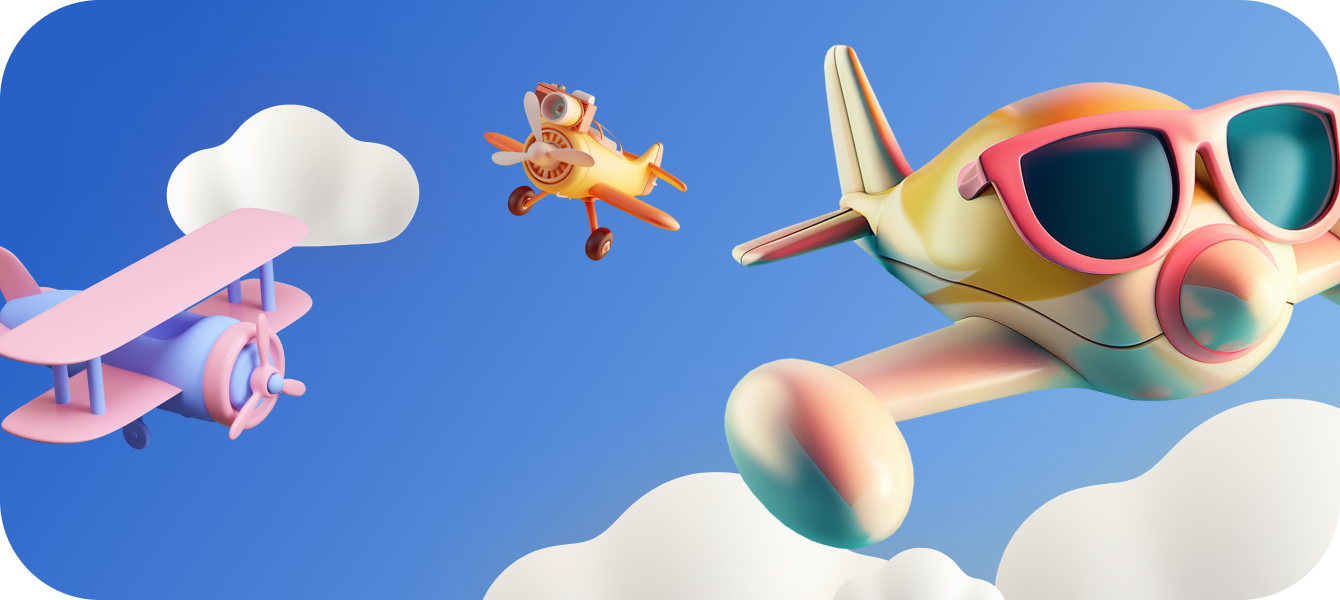
One of the exciting aspects of a Trial Flight is the chance to fly a real aircraft — usually a light training aircraft like a Cessna 152 or 172, or Piper PA-28. These planes are used worldwide for pilot training because they’re reliable, stable, and responsive, making them ideal for beginners.
The Cessna 172 is a popular choice due to its forgiving nature and easy handling. Its high-wing design offers great visibility, which is perfect for a first flight. The Piper PA-28, a low-wing aircraft, is another common option, providing a smooth and balanced flight experience. Both aircraft are designed for training, so they’re equipped with dual controls, allowing your instructor to step in if necessary, while still giving you plenty of hands-on flying time.
You’ll be amazed at how a small 2 seat aircraft handles in the air and how quickly you’ll start to understand the basics of flying. It’s a thrilling opportunity to take control of a plane, even for just a short flight.
From vintage classics to modern marvels, there's an aircraft out there for every pilot. Explore our bucket list in Bucket List: 10 Aeroplanes Every Pilot Should Fly and start planning your dream flights.
What to Expect from a Trial Flight
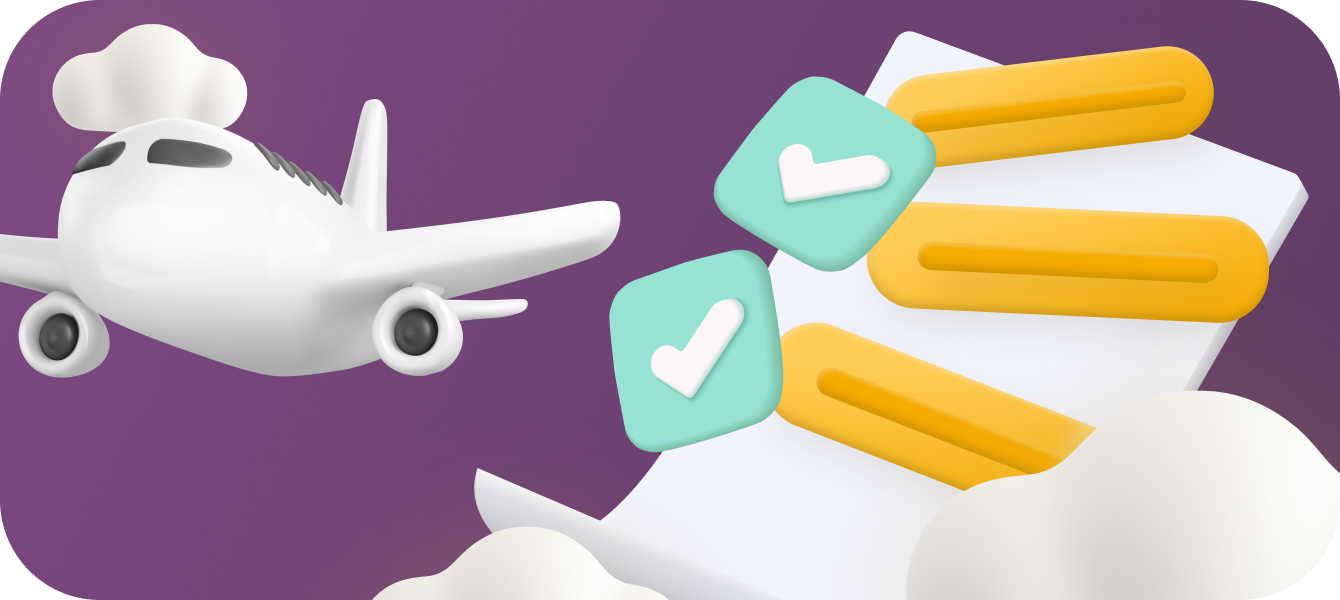
A trial flying lesson is more than just an introductory ride — it’s your first real step into the world of aviation. Whether you're interested in earning a Private Pilot Licence (PPL) or Light Aircraft Pilot Licence (LAPL), this experience offers a hands-on glimpse into what it's like to be in control of an aircraft. Here’s what you can expect during your trial flight:
Pre-Flight Briefing Your adventure begins with an expert briefing from your qualified and friendly Flight Instructor. This isn’t just a regular pilot—it’s someone trained to teach and guide you through the learning process. During the briefing, you’ll learn about the aircraft, basic flight controls, and what you’ll be doing once you're in the air. The instructor will make sure you feel comfortable and confident before heading out to the aircraft.
Take-off and Flying Once seated in the cockpit, it’s time for take-off! Your instructor will handle this part, allowing you to get a feel for the aircraft as it ascends. Once at a safe altitude, you’ll take control of the plane under their supervision. This is where the real fun begins—you’ll be guided through basic manoeuvres, from turns to climbs and descents. It’s a unique opportunity to feel the aircraft respond to your inputs, mentally and physically challenging you. For most of the flight, you’ll be the one flying the plane, and your instructor will step in when necessary to ensure everything runs smoothly.
The Thrill of Flight Flying offers a feeling of complete freedom—soaring above the world, with a bird’s eye view of the landscape below. It’s an unforgettable experience that leaves most first-time pilots eager for more. Whether you’re gliding over scenic landscapes or simply enjoying the sensation of controlling an aircraft, this is when many aspiring pilots fall in love with flying.
Post-Flight Debrief and Certificate After your flight, you’ll return to the ground for a post-flight debrief with your instructor. This is your chance to ask any questions, discuss how you felt during the flight, and get feedback on your performance. You’ll also receive a certificate with the details of your flight—an exciting keepsake that also counts towards your PPL or LAPL training.
Explore the Aerodrome After your flight, take some time to explore the aerodrome, meet the team, and check out the aircraft and facilities. This is a great opportunity to get a sense of the aviation environment and meet other pilots. If you’re serious about continuing your training, now’s the time to ask about the next steps and book your next lesson.
A trial flight gives you a hands-on introduction to flying, but it also opens the door to a larger world of aviation. If you feel the spark, all you need to do is book your next flight and continue your journey towards earning your pilot's licence.
Soar through the skies without fuel costs! Discover the thrill of gliding in our new blog post, Fly on a Dime: Get Airborne with Gliding.
How to Enhance Your Trial Flight Experience
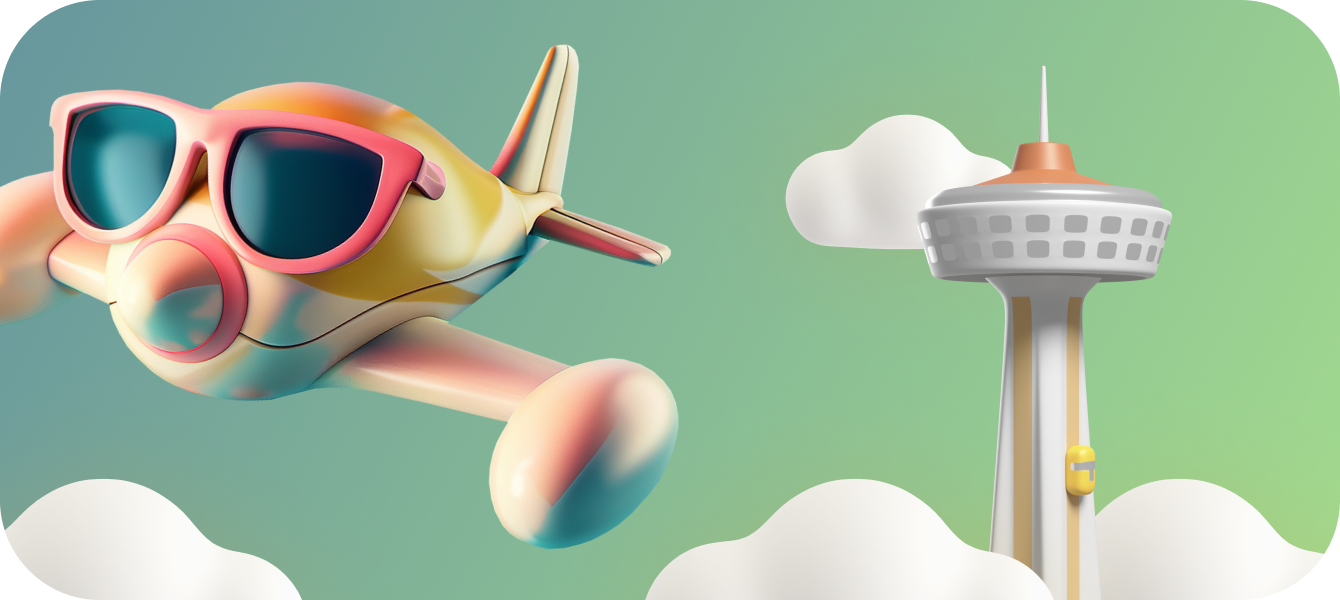
To get the most out of your Trial Flight, it’s important to approach it with an open mind and a sense of adventure. Here are a few tips to help you make the most of the experience:
Prepare Mentally: Get familiar with basic aviation terms and concepts beforehand. This will help you feel more confident during the briefing and flight.
Ask Questions: Don’t hesitate to ask your instructor anything that comes to mind. This is your opportunity to learn from experienced pilots, so take advantage of their knowledge.
Stay Calm: It’s natural to feel a bit nervous but remember that your instructor is there to guide you every step of the way. Relax and enjoy the experience.
Pay Attention to the Controls: Notice how the aircraft responds to your inputs. This hands-on experience is invaluable for deciding whether you want to pursue flying further.
Reflect on Your Experience: After the flight, take a moment to reflect on how you felt. Did you enjoy the sensation of flying? Did you feel comfortable in the cockpit?
By approaching the flight with curiosity and focus, you’ll walk away with a clearer sense of whether piloting is right for you.
Where You Can Find Trial Flights
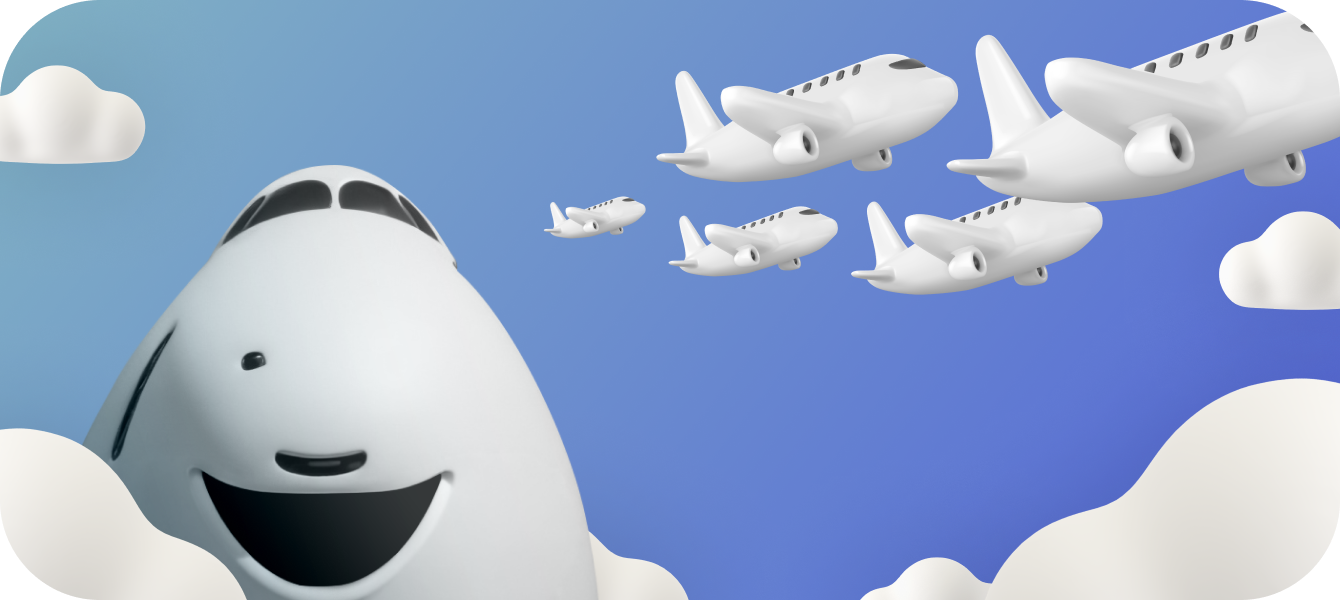
Finding a trial flight is easy, as many flight schools and aero clubs offer trial lesson vouchers and packages alike. However, choosing the right one is key to getting the best experience. Start by researching local flight schools or clubs in your area—many of them offer introductory packages tailored to those interested in learning to fly.
When selecting a flight school, consider the following:
Reputation: Look for schools with strong reviews and a good reputation in the aviation community.
Instructors: Find out about the instructors' experience and teaching style. Experienced instructors will make a big difference in your overall trial lesson.
Aircraft: Check which planes are used for trial flights. Opt for schools that use well-maintained training aircraft, as safety and reliability are crucial.
Location: Choose a location that excites you. Whether it’s flying over scenic landscapes or near bustling airports, the environment can enhance your flight experience.
Take the time to choose a school that feels right for you, ensuring your trial flight is both safe and enjoyable.
Looking for the perfect flight school in the UK or Europe? Discover our top 18 picks in Sky’s the Limit: Top 18 EASA Flight Schools in the UK and Europe.

Airhead's Takeaway
A Trial Flight offers an incredible opportunity to discover whether flying is your calling—without the pressure of fully committing to flight training. Whether you’re considering a career as a commercial pilot or simply want to fly for the joy of it, the trial flight lets you dip your toes into the world of aviation and experience the thrill of piloting first-hand.
Flying isn’t for everyone, and that’s okay. But if you dream of soaring through the skies, don’t let doubts hold you back. Dream big, aim high, and remember, you don’t have to be a commercial pilot to experience the joy of flight. The sky is calling — will you answer?
FAQ

These frequently asked questions cover what you need to know before taking the first step toward your flying dreams.
Who is eligible for a trial flight? Trial flights are open to almost anyone with a desire to experience flying! Whether you're considering a career as a pilot, want to fly as a hobby, or simply wish to tick flying off your bucket list, trial lessons is a great way to start. No prior experience is necessary, making it accessible to complete beginners.
Do you need a pilot's licence for a trial flight? No, you don’t need a licence to take trial flying lessons. The whole point of a trial flight is to give you the opportunity to experience what it’s like to fly an aircraft before committing to training. You’ll be guided by a fully qualified flight instructor who will handle all the technicalities and allow you to take control under supervision.
Are there any age restrictions? Most flight schools have a minimum age requirement, typically around 14 to 16 years old, depending on the school and country. However, there is no upper age limit, as long as you meet the health requirements. Younger participants may be allowed to take part as passengers in experience flights but may not be able to control the aircraft.
What are the health restrictions? While no specific health certificate is required for a trial flight, you should be in good general health. Participants should be able to safely enter and exit the aircraft and handle the physical and mental demands of flying. If you have any health concerns, such as heart or respiratory conditions, it’s best to consult with your GP before booking. Most trial flights do not require a formal medical examination, but you will need to ensure you are fit to fly.
How long does a trial lesson last? Trial flight durations typically range from 30 minutes to 60 minutes, depending on the package you choose. This includes both time in the air and a pre-flight briefing with your instructor. The actual time spent flying the aircraft can vary but usually lasts around 30-45 minutes. Be sure to confirm the details when booking.
Does a trial lesson count towards a pilot's licence? Yes! The flight time you log during a trial flight can count towards your Private Pilot Licence (PPL) or Light Aircraft Pilot Licence (LAPL), as long as you continue your training with a certified instructor. You’ll receive a certificate and documentation that can be recorded in your logbook if you decide to pursue further flight training.
How much does a trial flight cost? The cost of a trial flight varies depending on the length of the flight and the type of aircraft. In the UK, prices typically range from £70 to £150 for a 30-60 minute flight. In Europe, costs can range from €80 to €200, depending on the country and flight school. Some schools may offer packages that include extended flight times or additional services like video recordings of your experience.
Can I bring a passenger on a trial flight? In most cases, trial flights are limited to the participant and the instructor due to the size and weight restrictions of the training aircraft. However, some flight schools offer vouchers that allow a passenger to join you in the backseat, so you can share the experience with a friend or family member. Be sure to ask when booking if this option is available.
What should I wear for a trial flight? Comfort is key! Wear comfy, casual clothing and be prepared for changing temperatures, as small aircraft are not always climate-controlled. Layering is a good idea, and don’t forget sunglasses—the glare from the sun can be quite intense at higher altitudes. Comfortable shoes are recommended as well, especially since you’ll be using your feet to control the rudder pedals!
Can I take photos or videos during the flight? Absolutely! Many flight schools encourage you to capture the moment, and some even offer video recording services as part of the package. Just make sure your phone or camera is securely fastened and doesn’t interfere with flight controls. It’s a great way to relive the experience and share it with friends and family.
What happens if the weather is bad? Safety is always the top priority. If the weather conditions aren’t suitable for flying—such as strong winds, heavy rain, or low visibility—your trial flight will likely be rescheduled. Flight schools keep a close eye on the weather forecast and will contact you in advance if your flight needs to be postponed. It’s always good to confirm the weather policy when booking.


